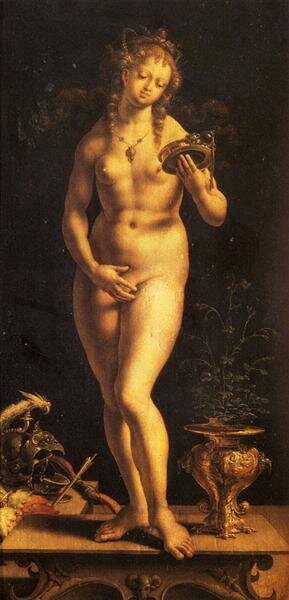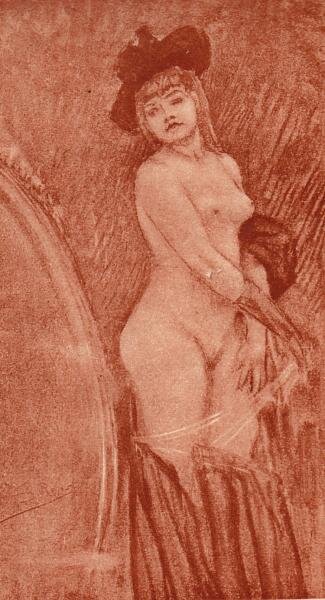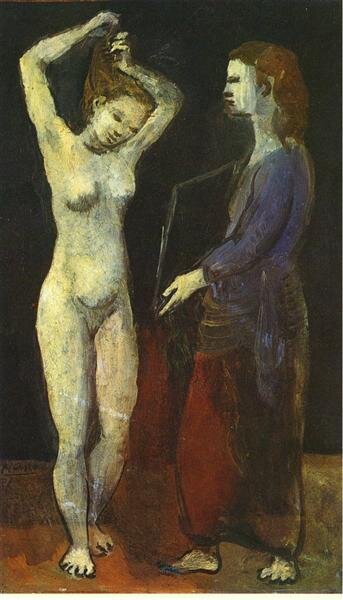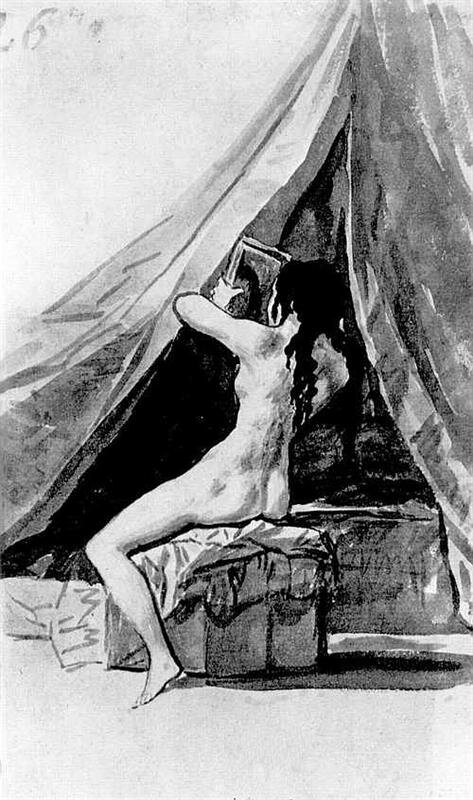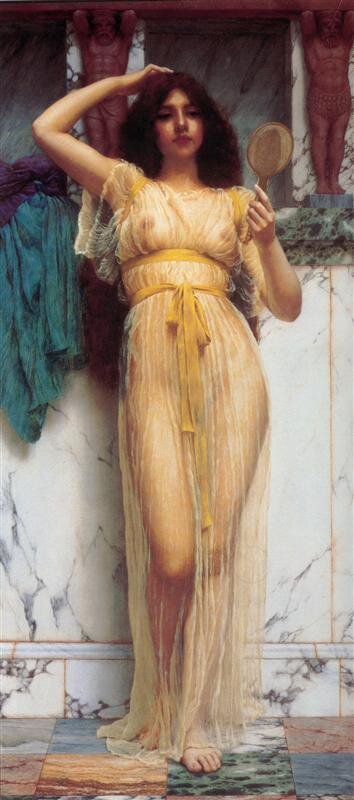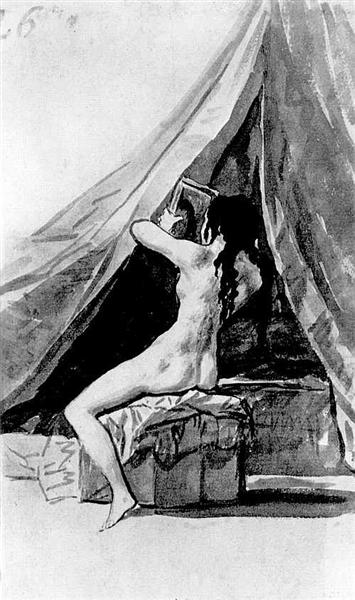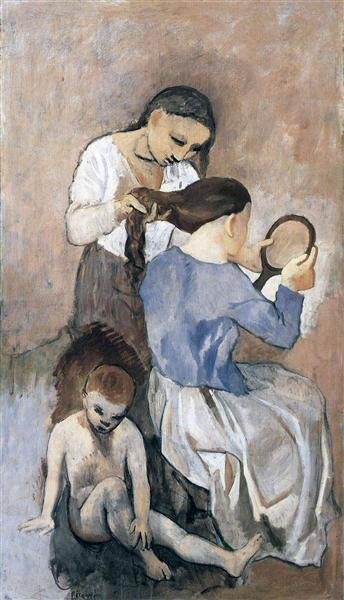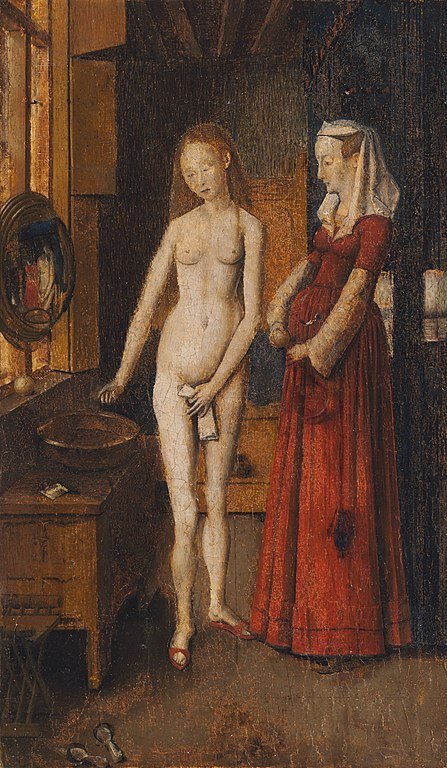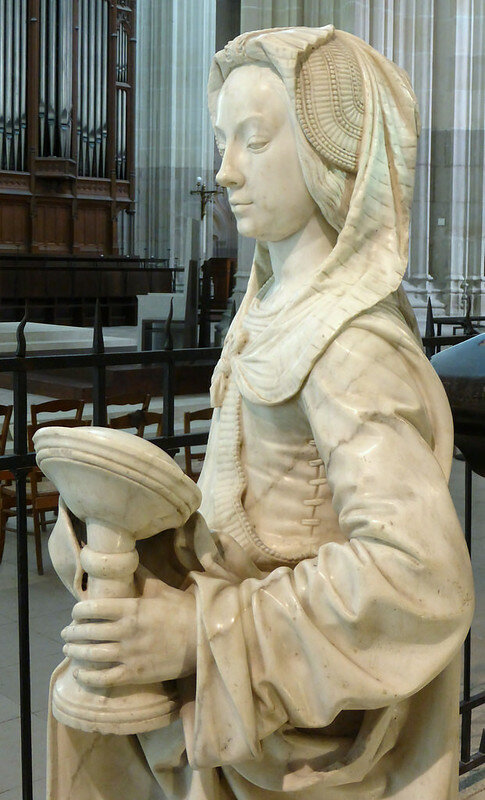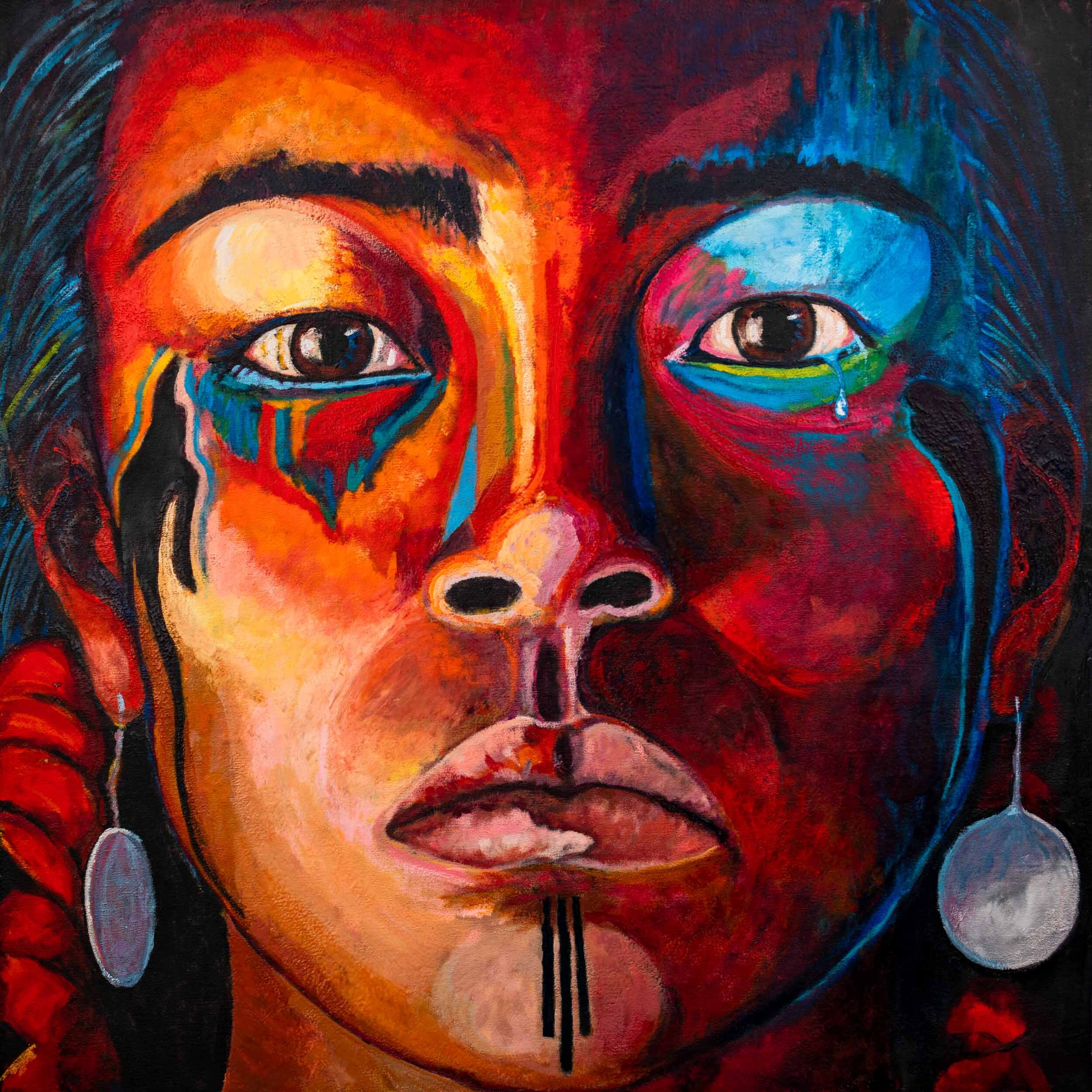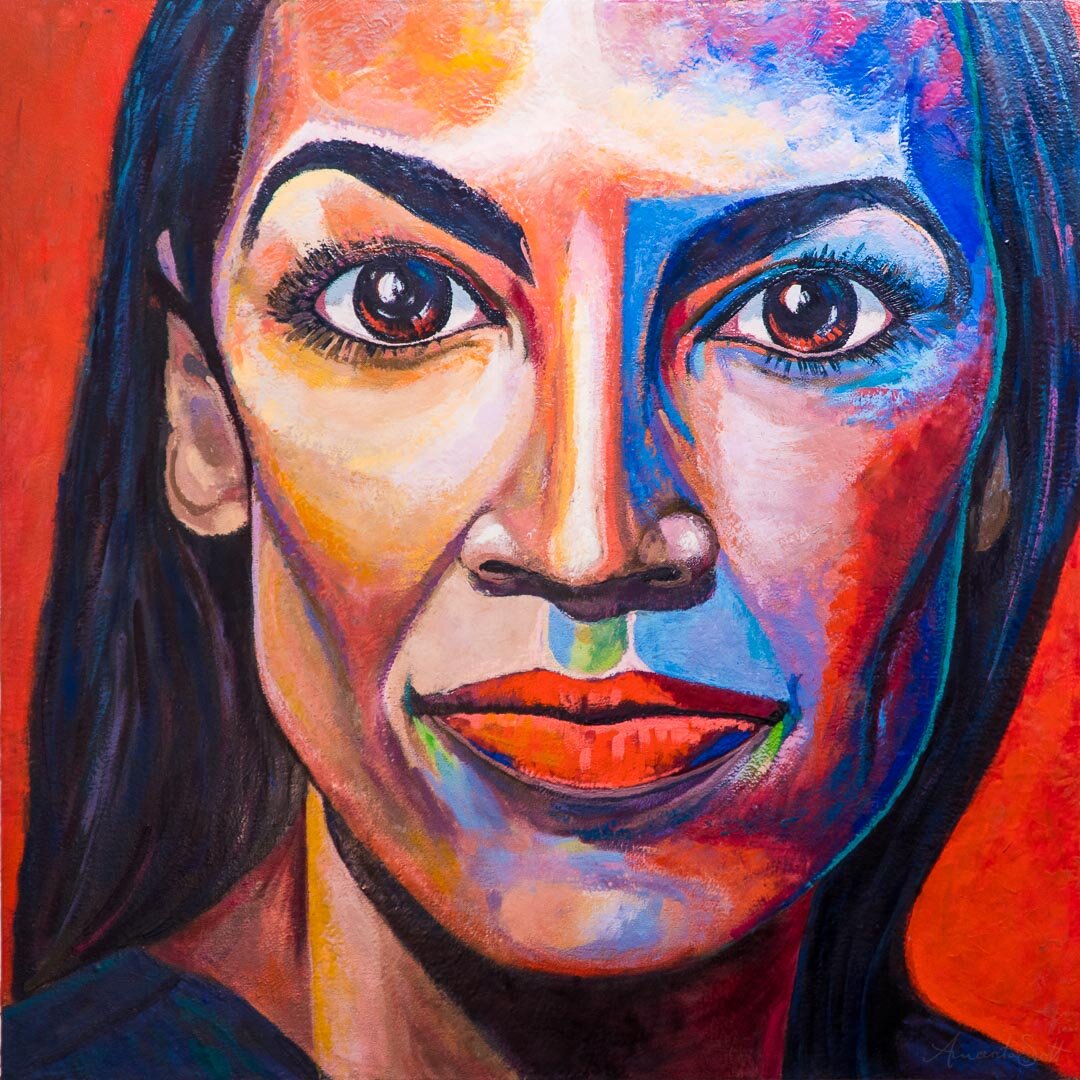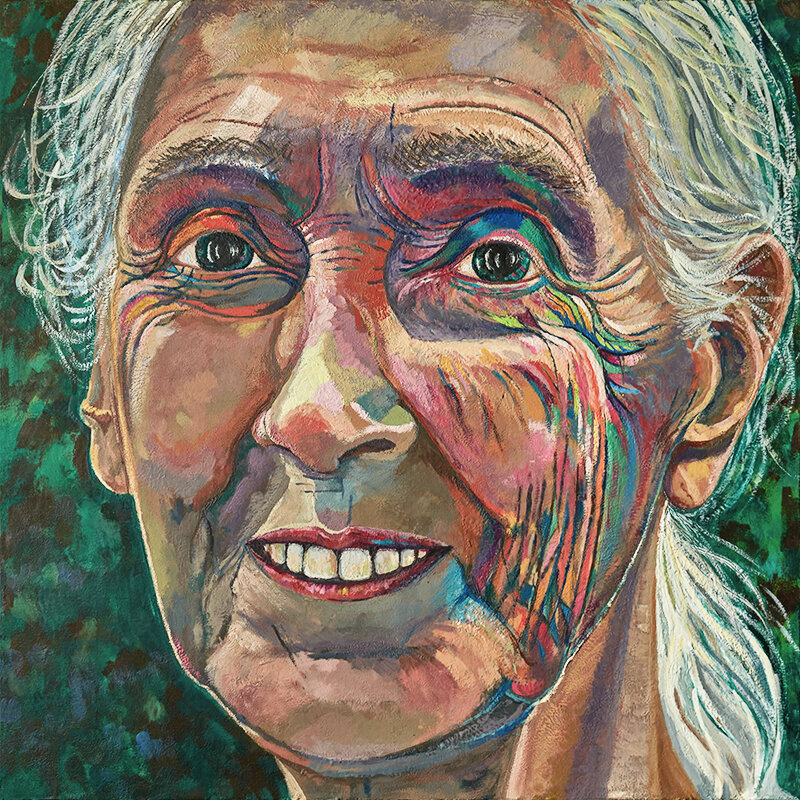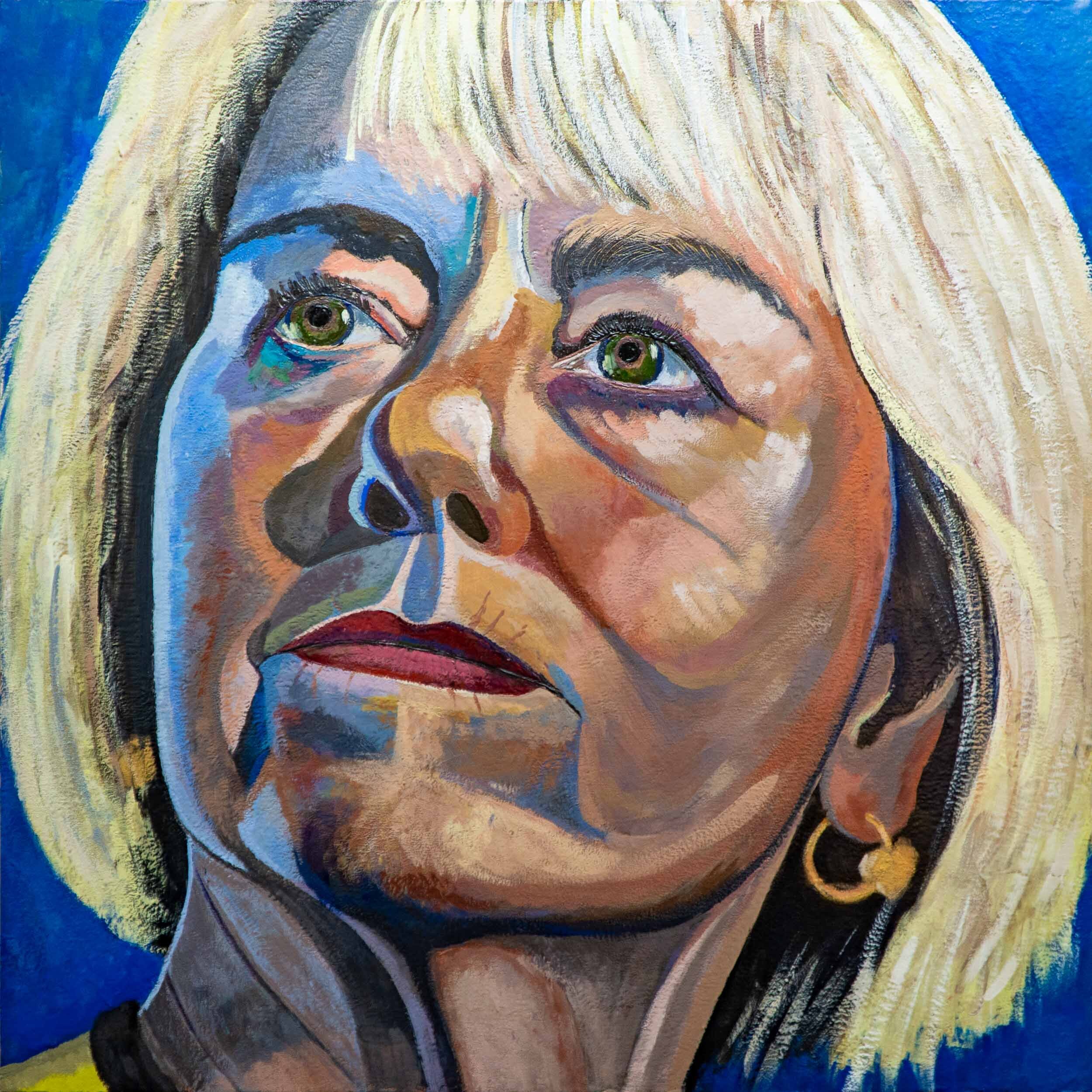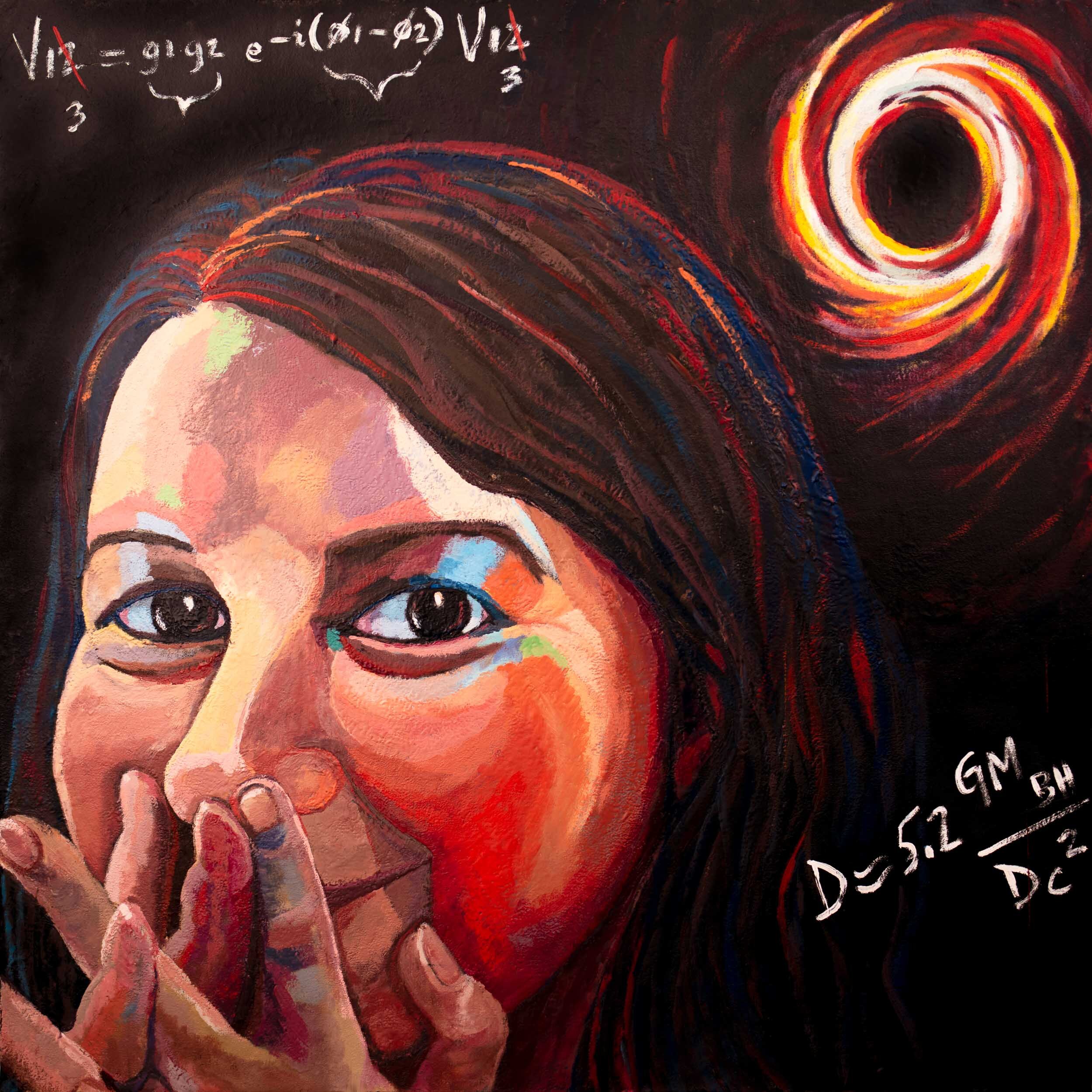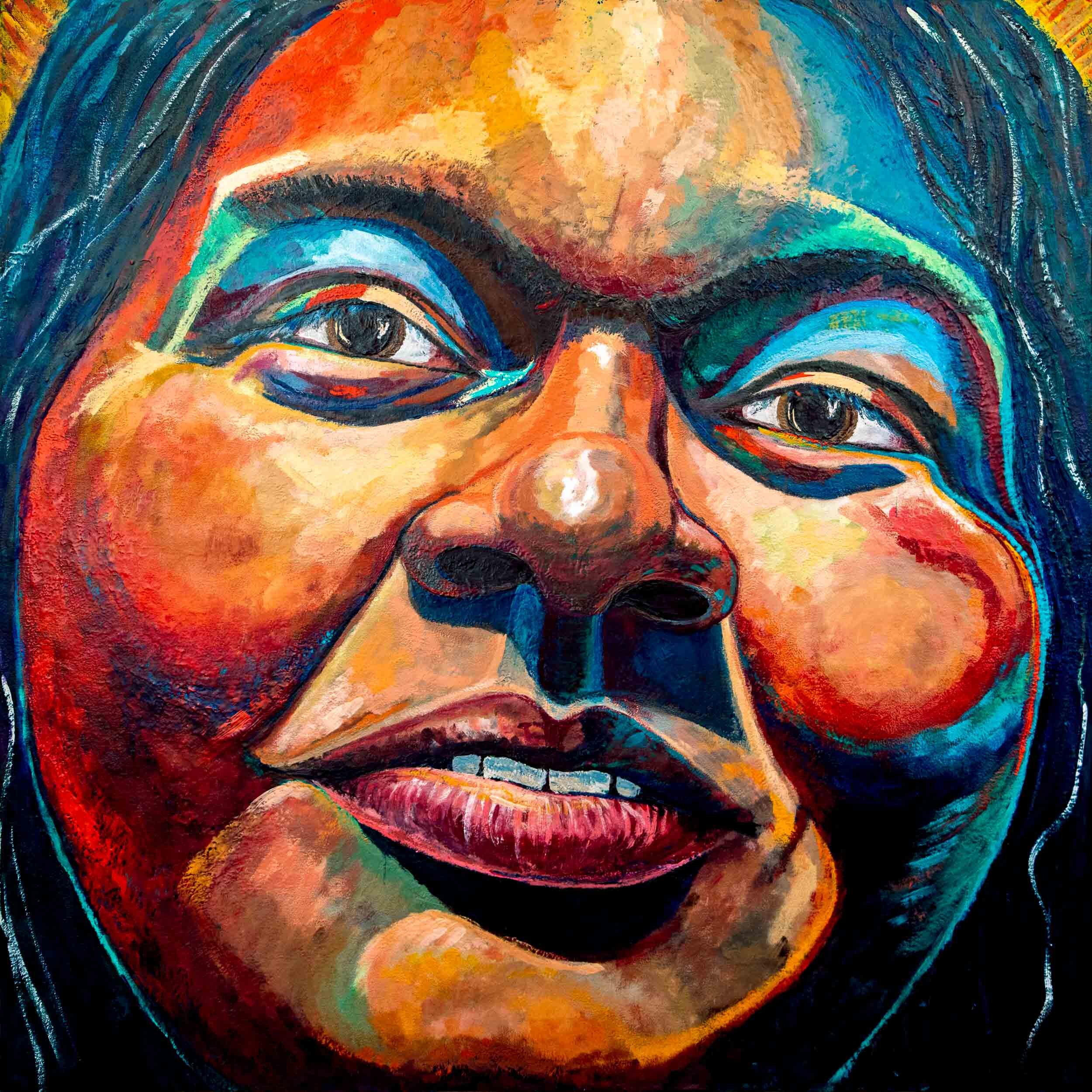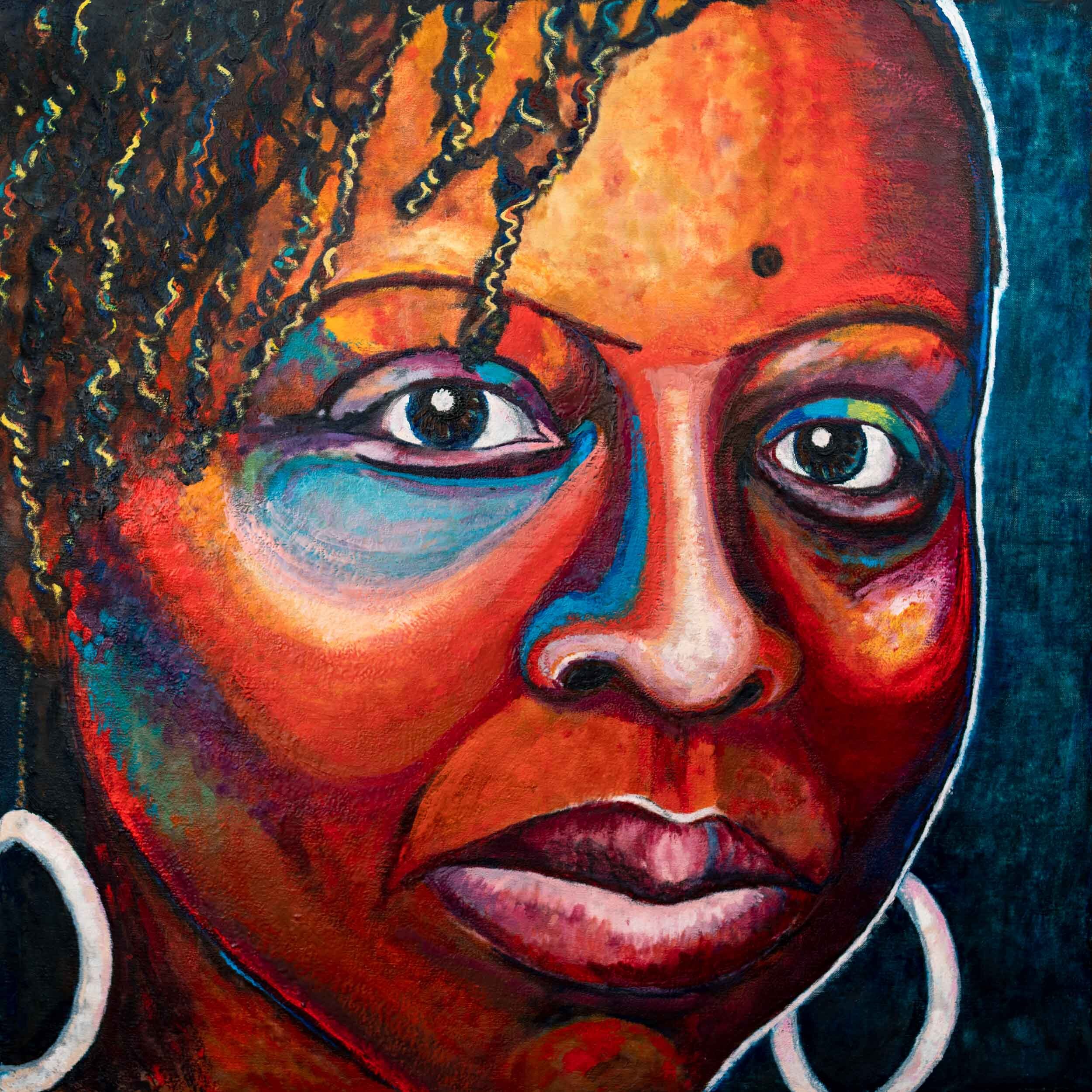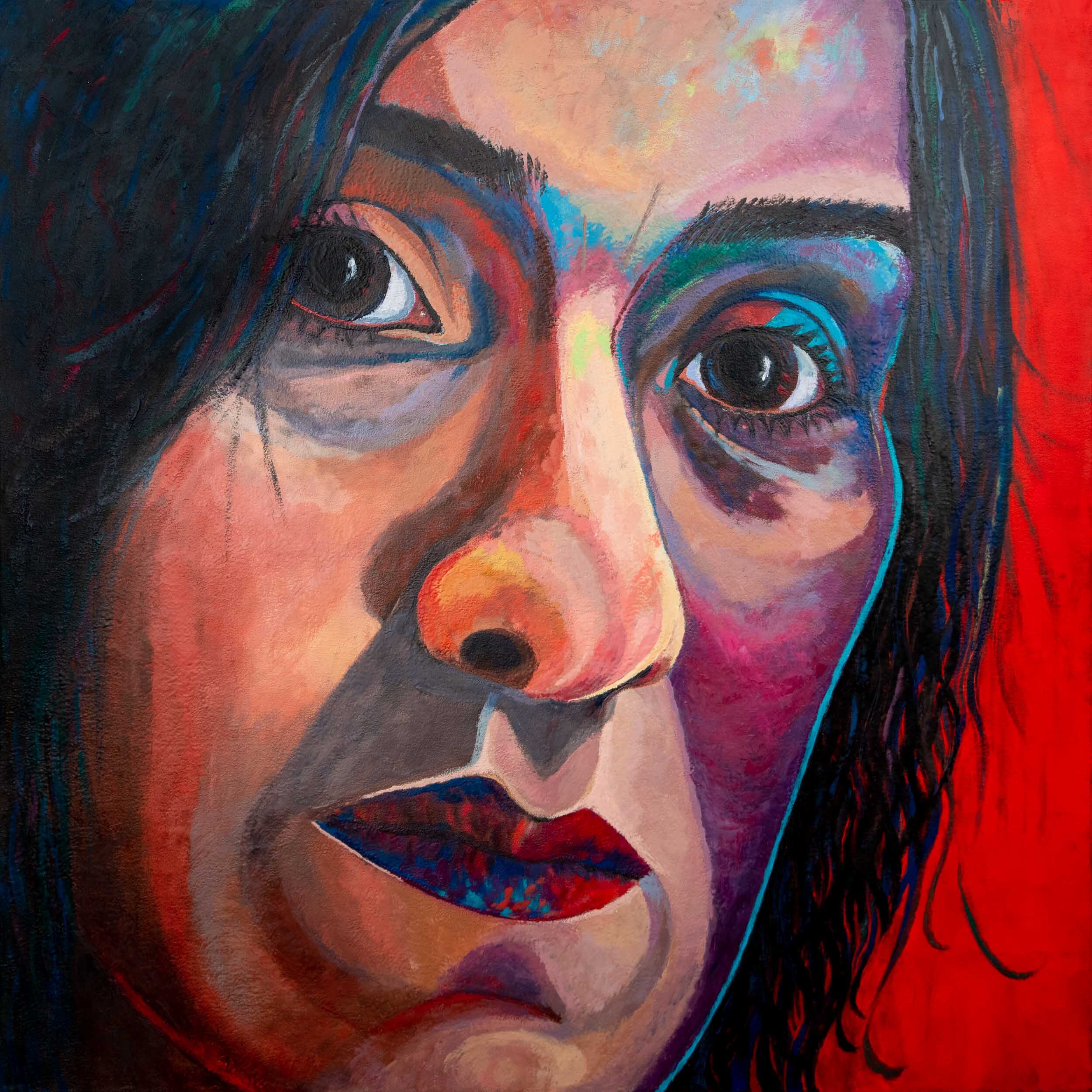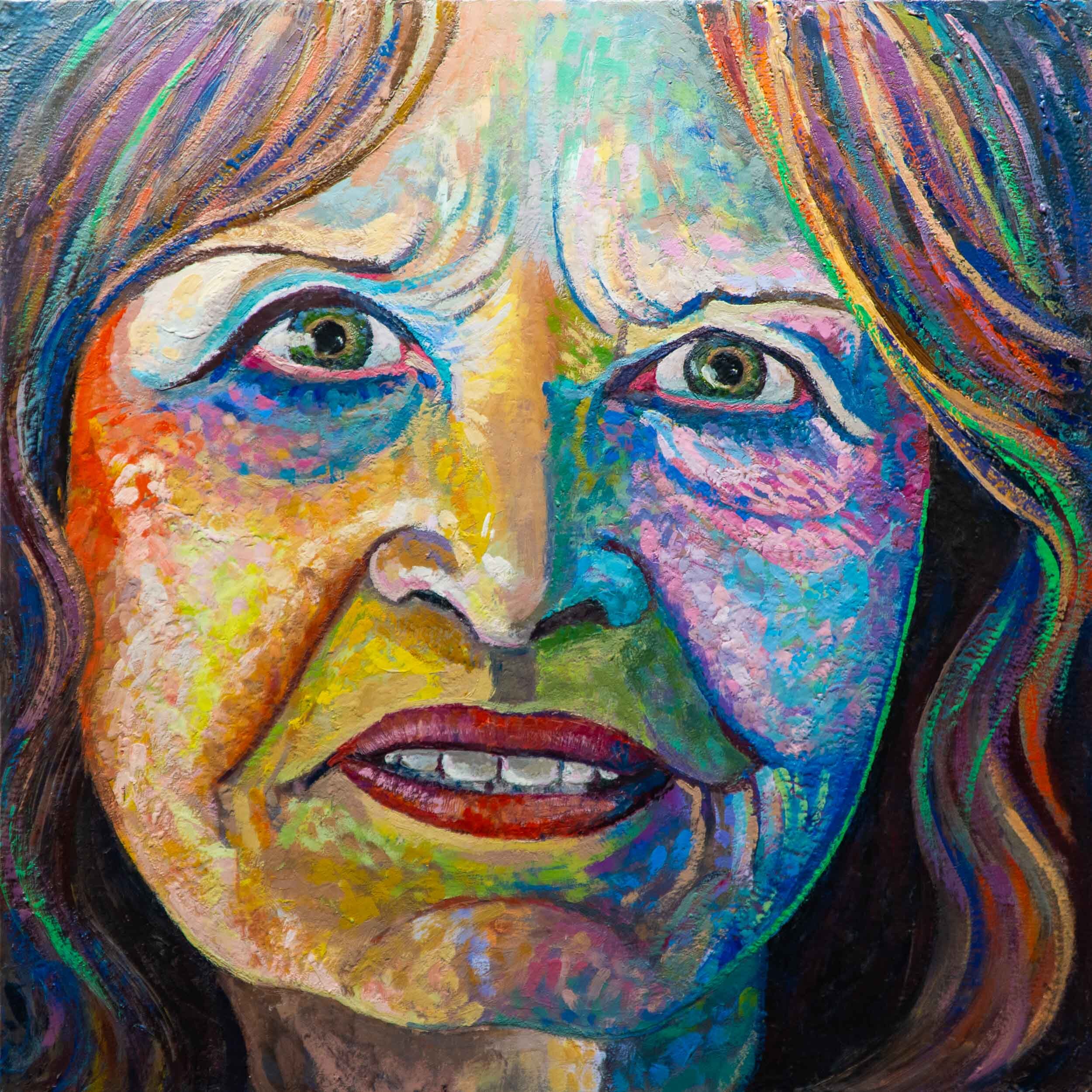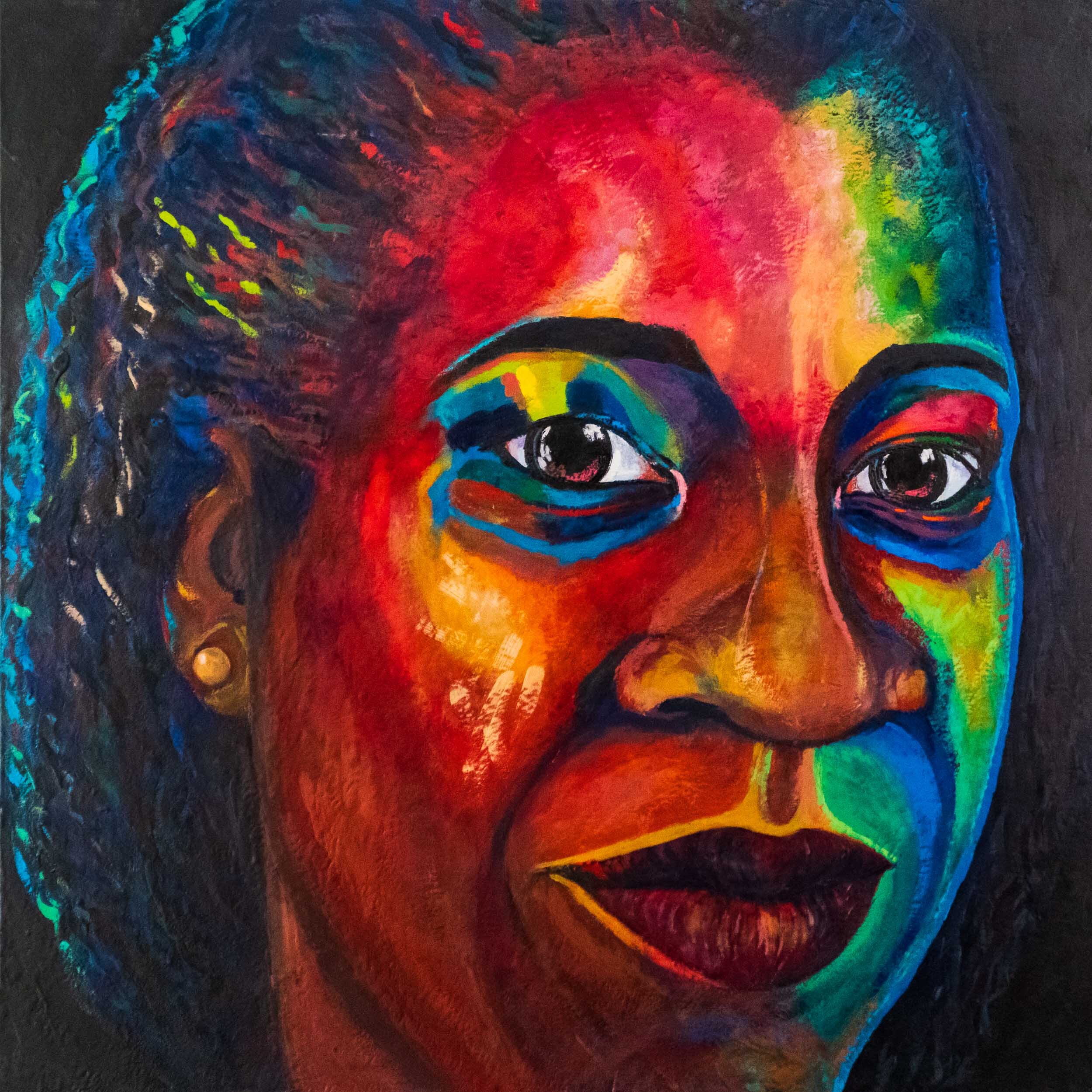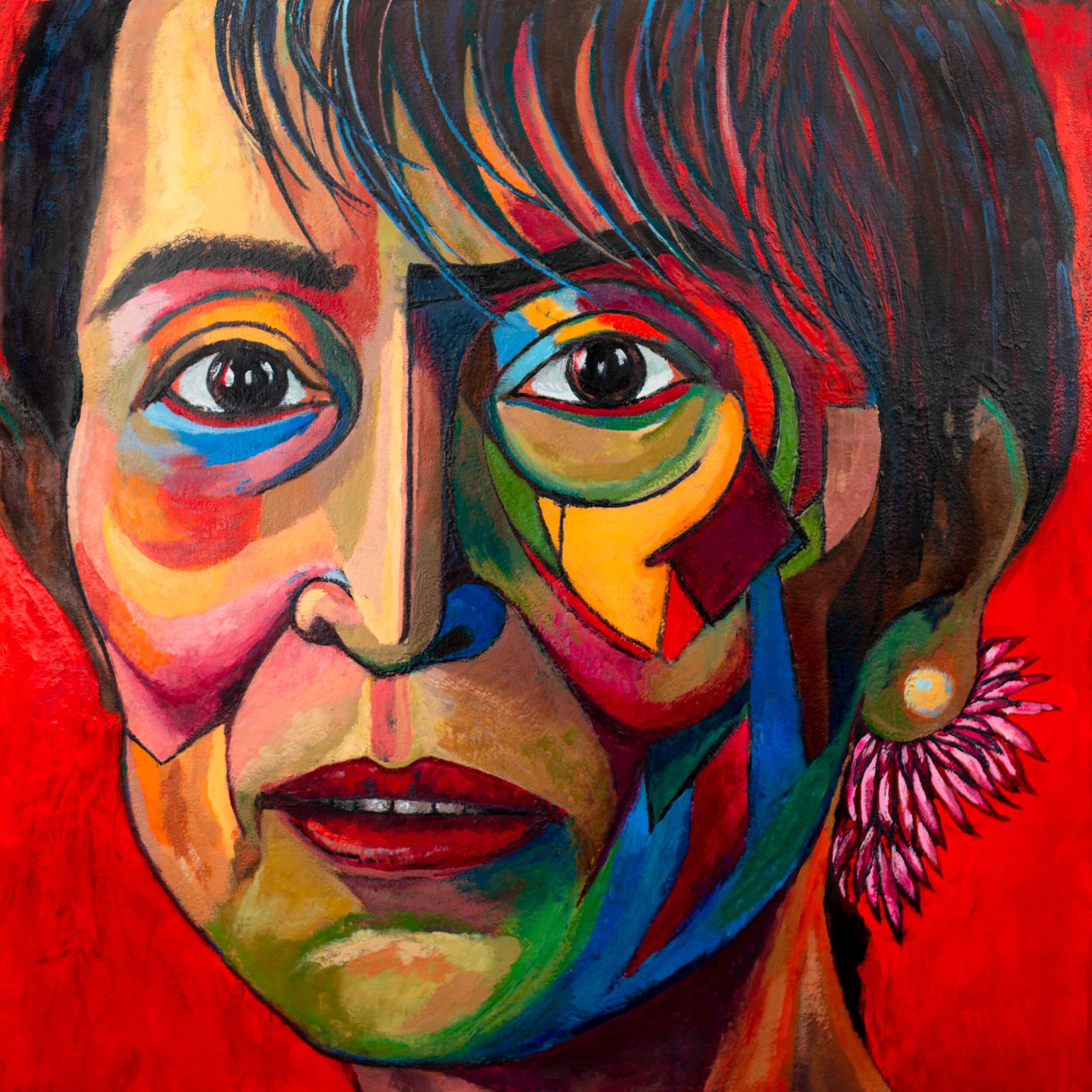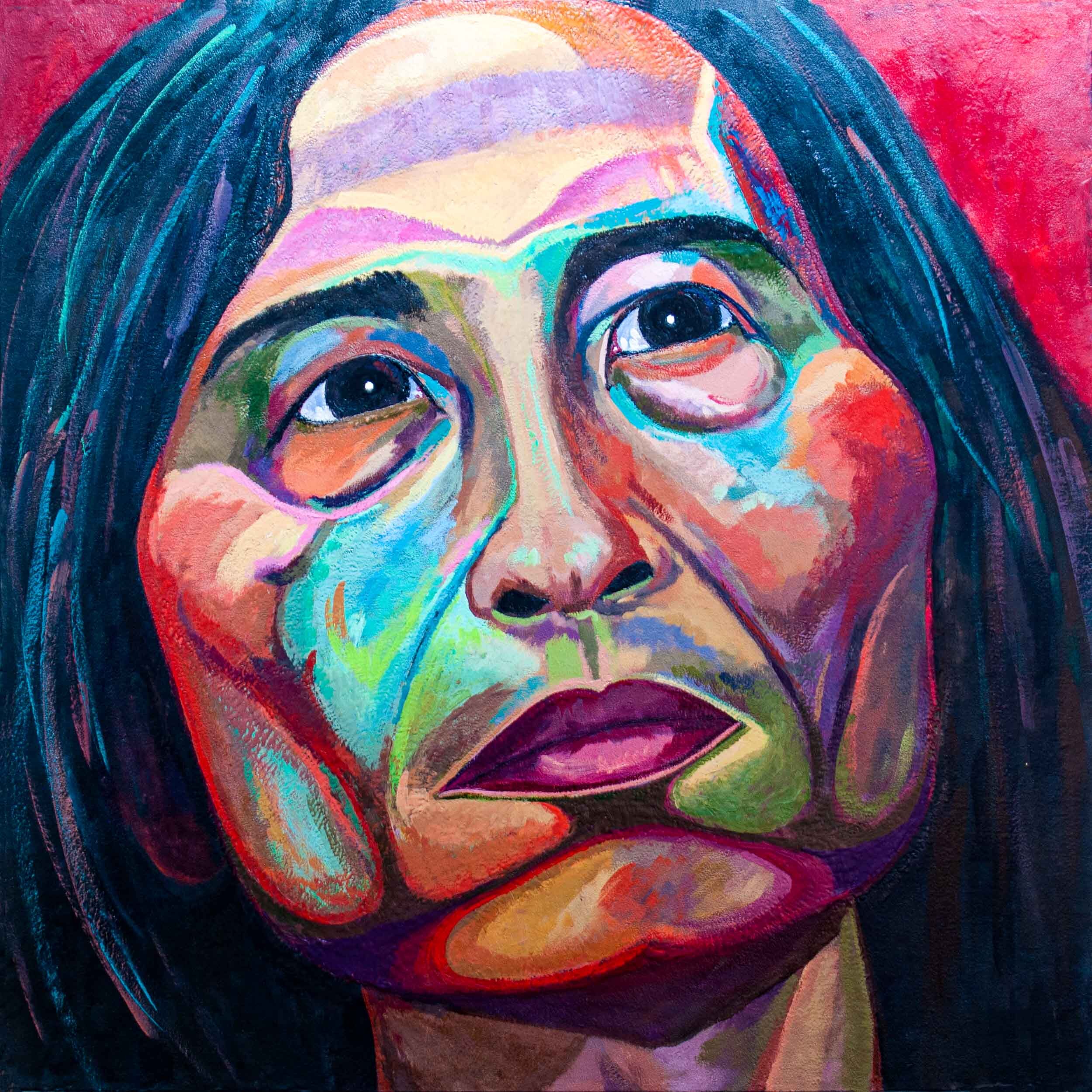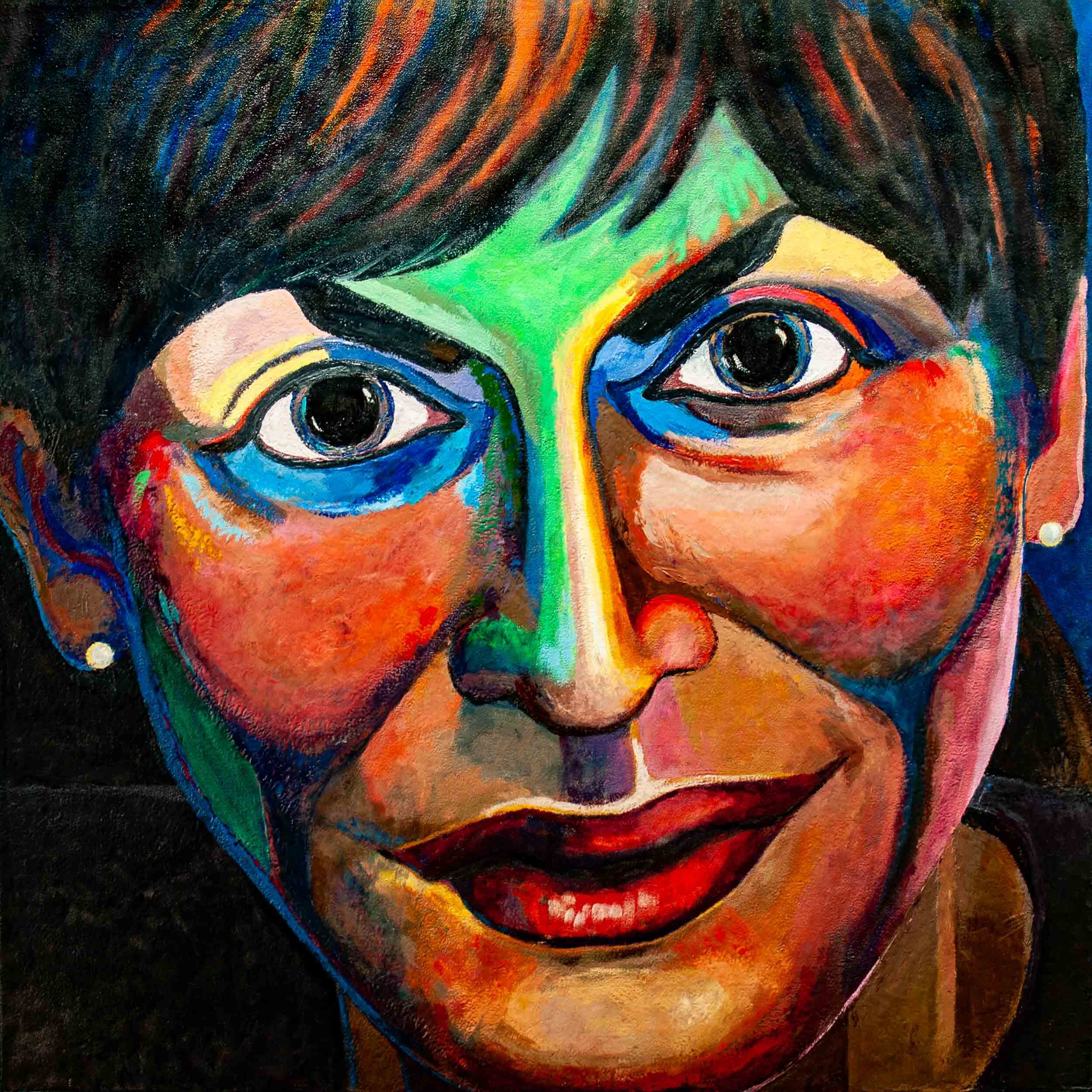Women & Mirrors
So many images of women weeping . . . one wonders why. I don’t believe it is solely a testament to women’s overall sensitivity and emotional nature. Given the history of treatment of women over the centuries, we have good reason to weep.
Seldom do we see old women depicted as anything but ugly. The cult of Youth causes us to miss out on much of the wisdom, perspective and humour that comes with age.
Working as an organist in a church for many years I heard countless Ministers describing the wedding day as one of the greatest days in a woman’s life. Looking back on that day, I wonder how many women would agree.
So many married out of duty . . .
Consider these paintings of women with mirrors. . . Do they speak of vanity? the passage of time? fleeting youth and beauty? the futility of hope? personal reflection?
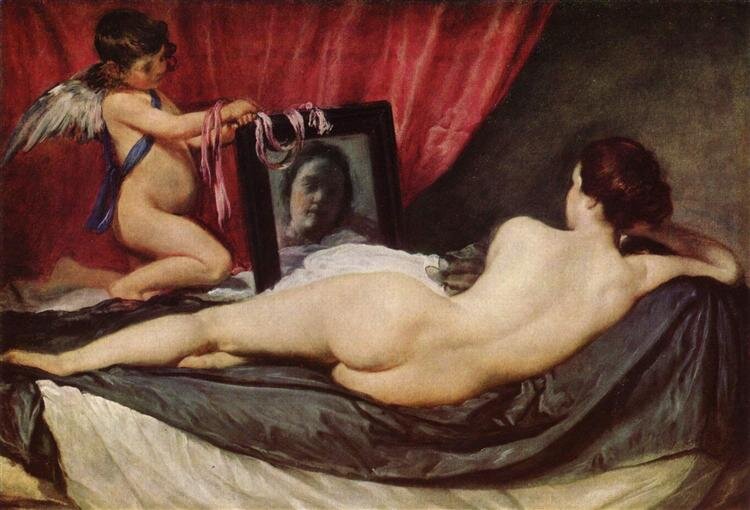
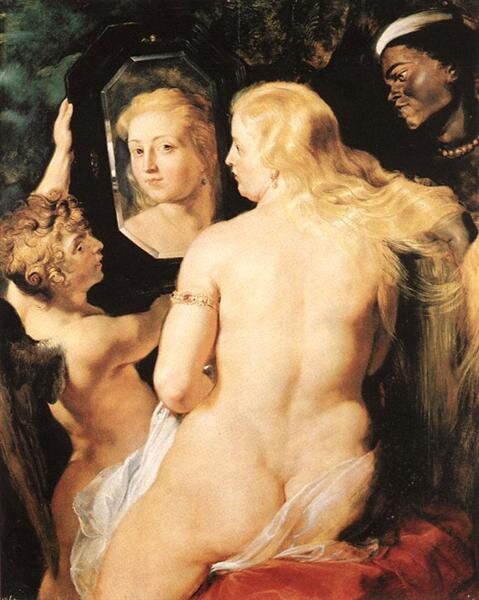
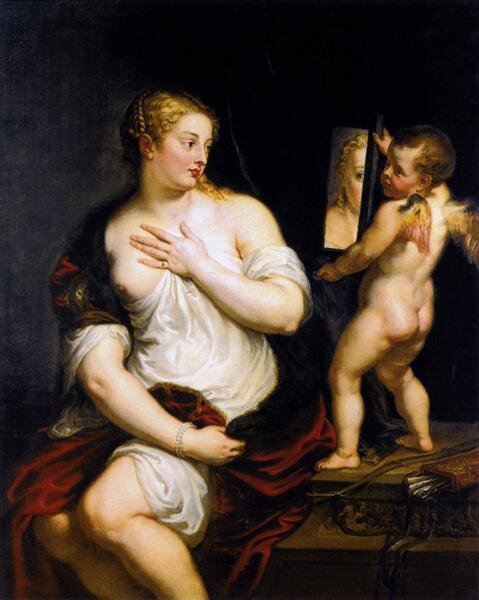
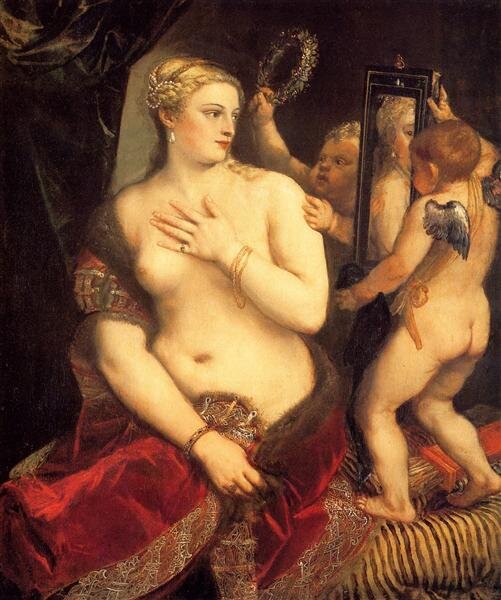
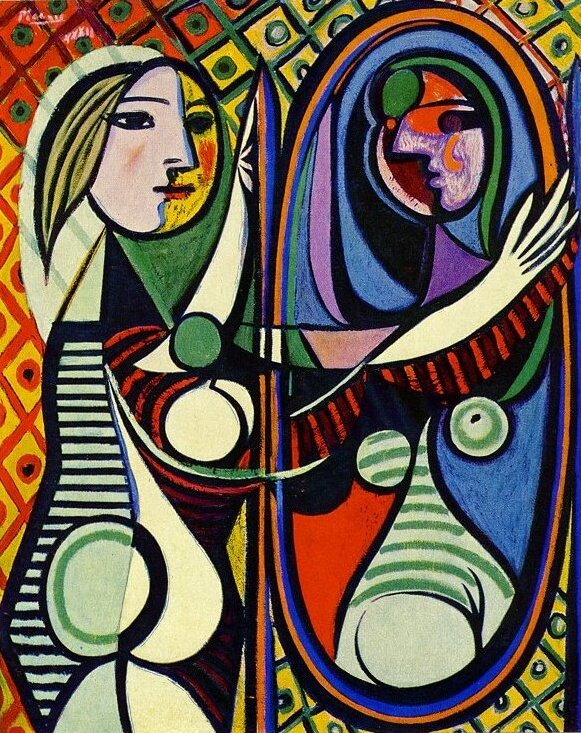
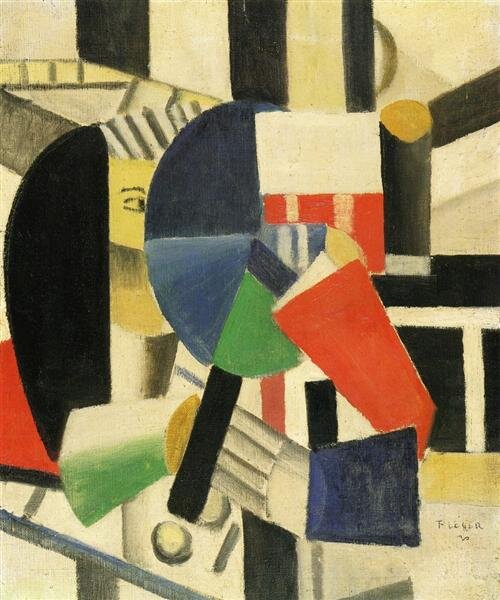
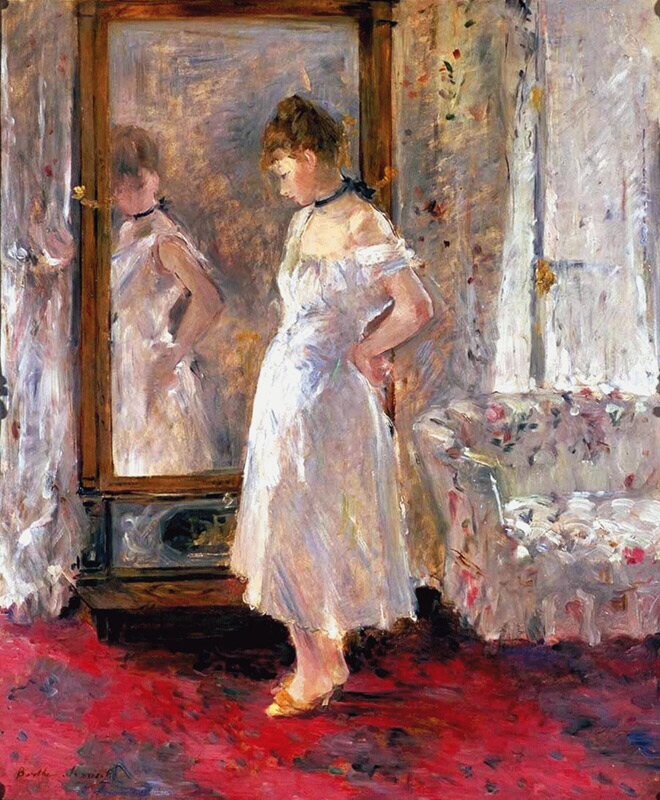
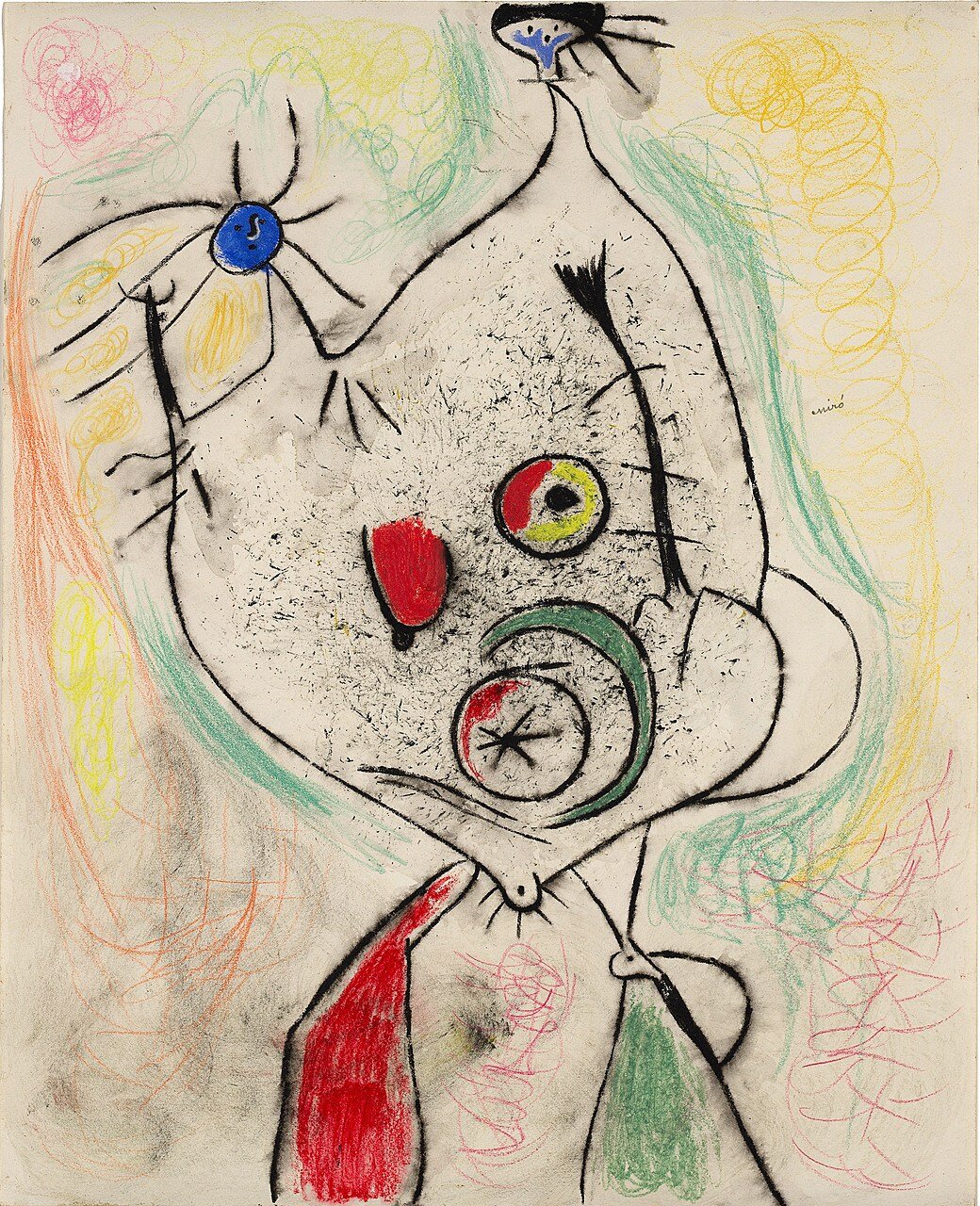
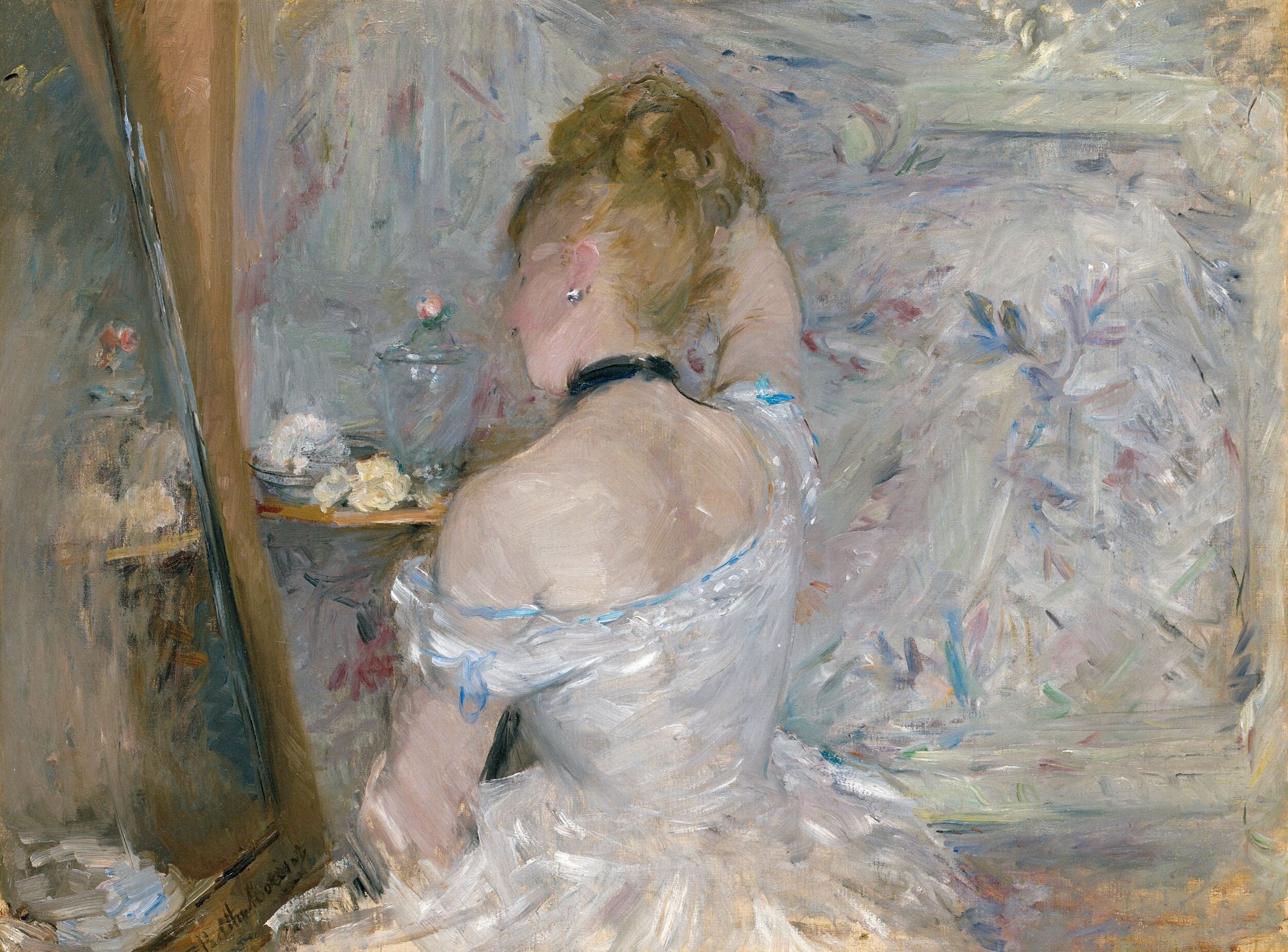
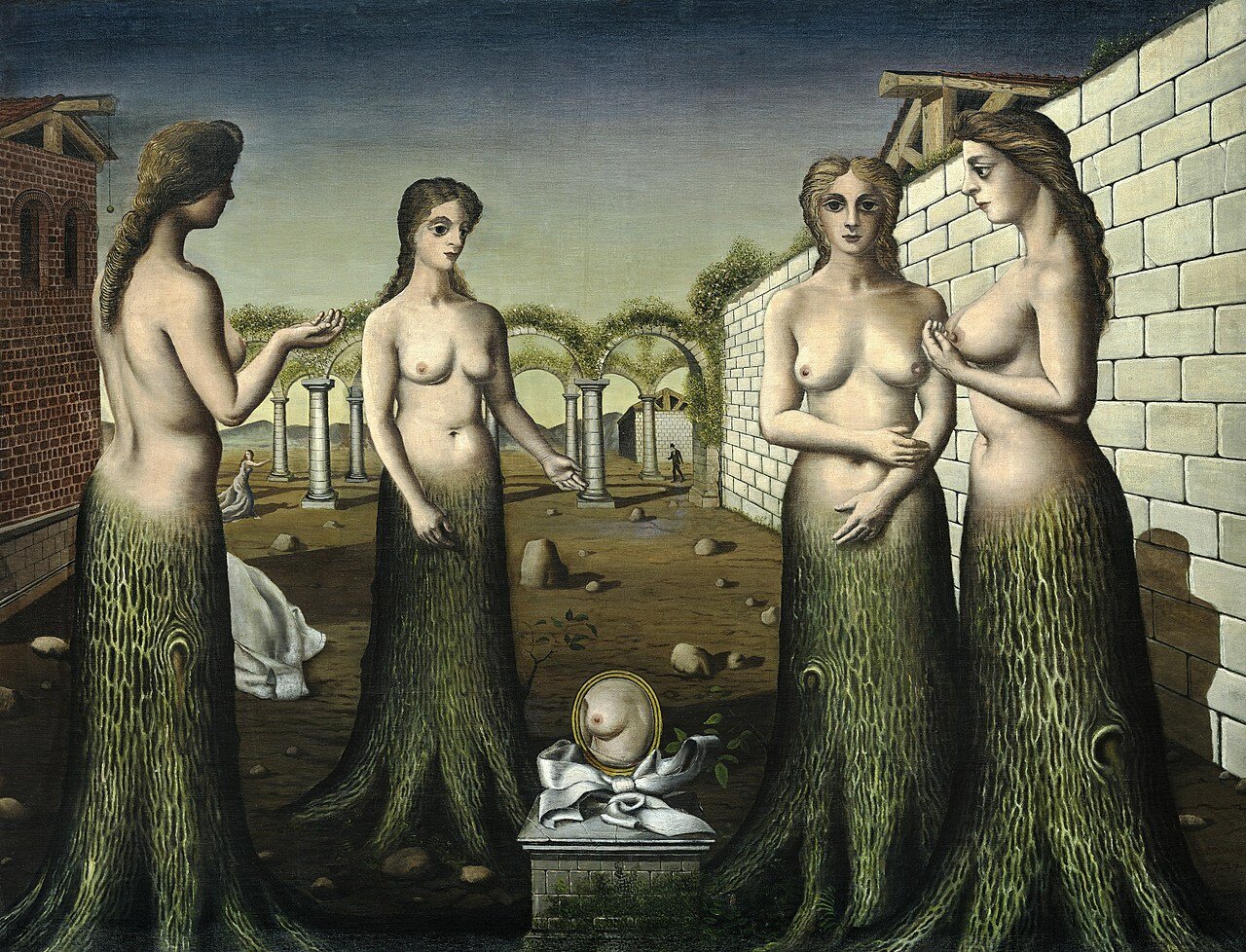
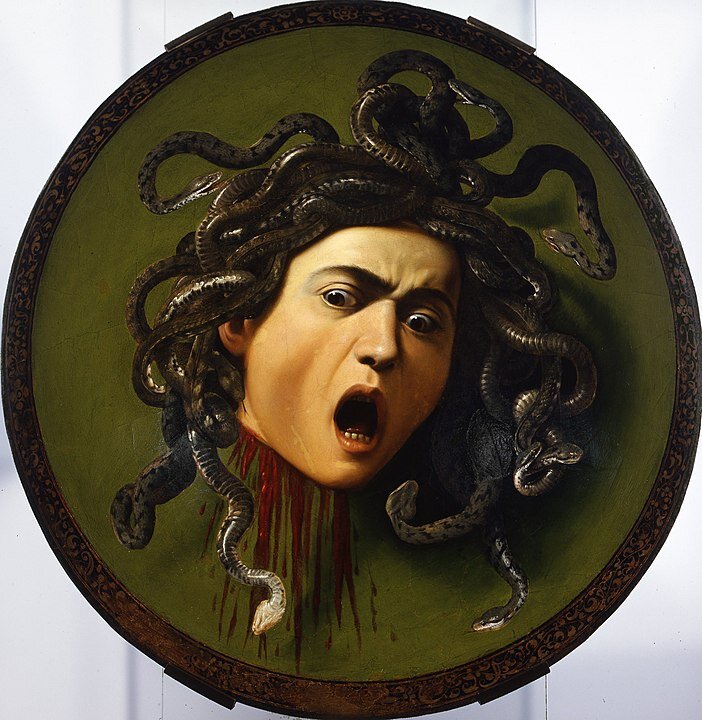
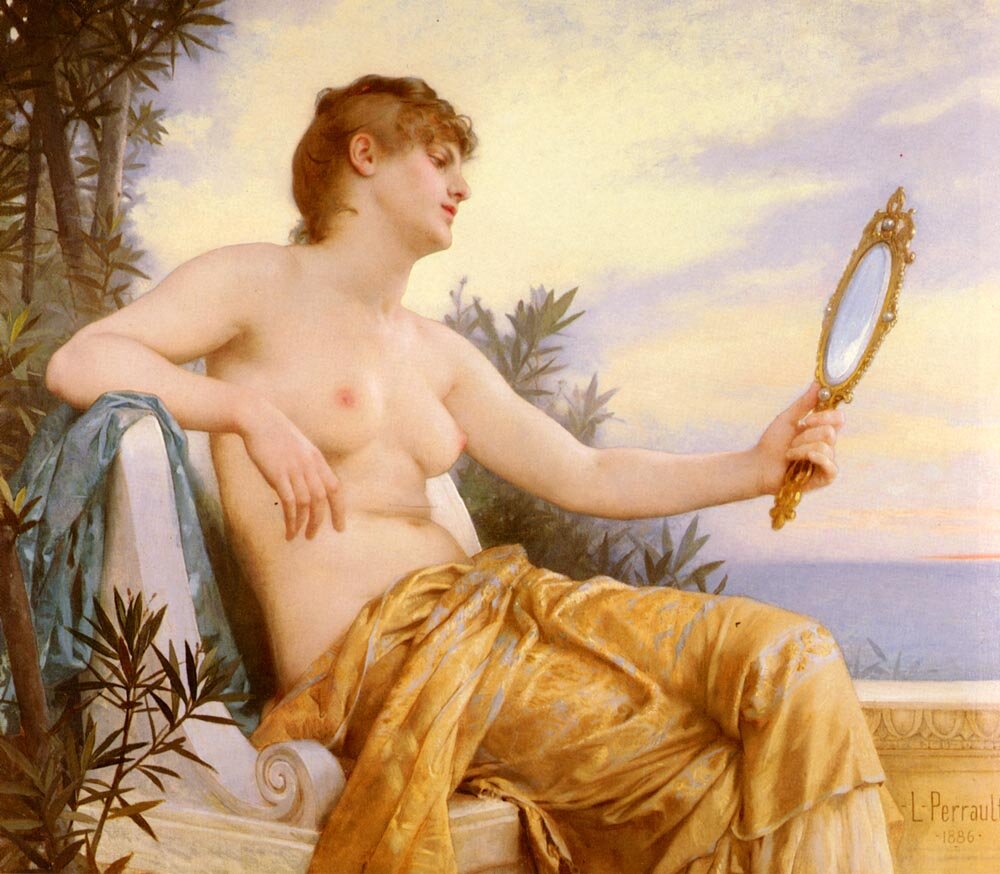
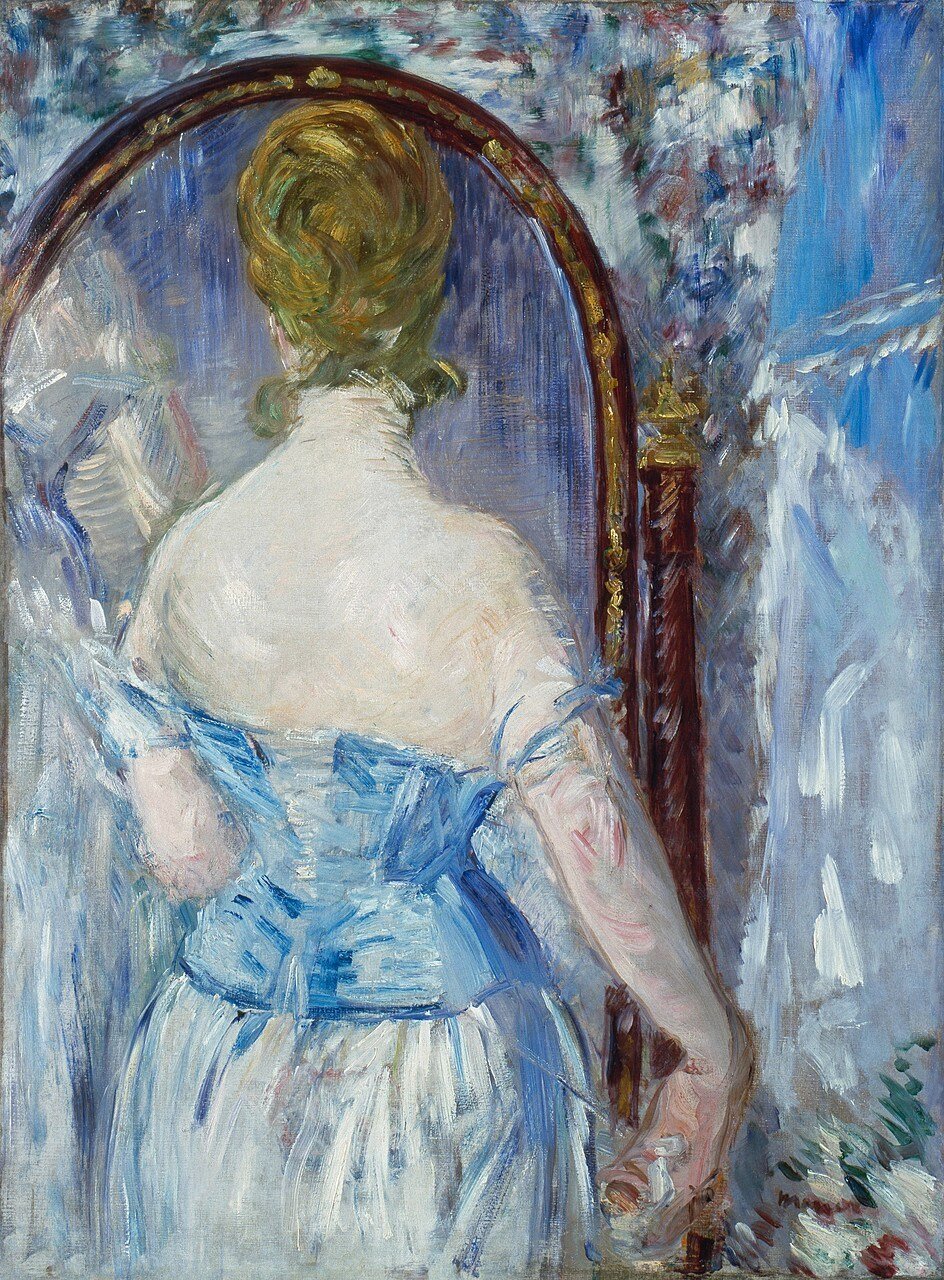
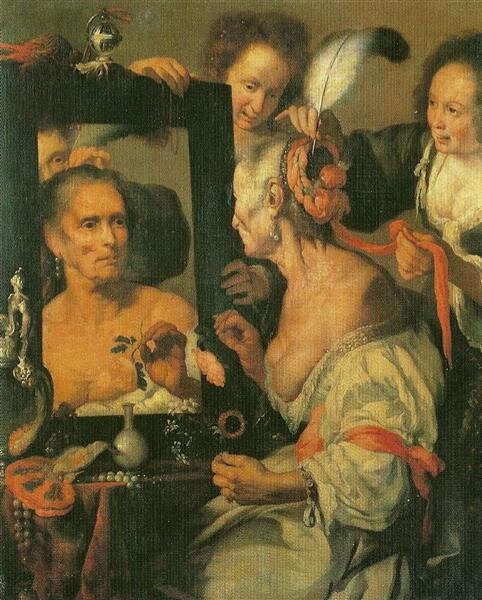
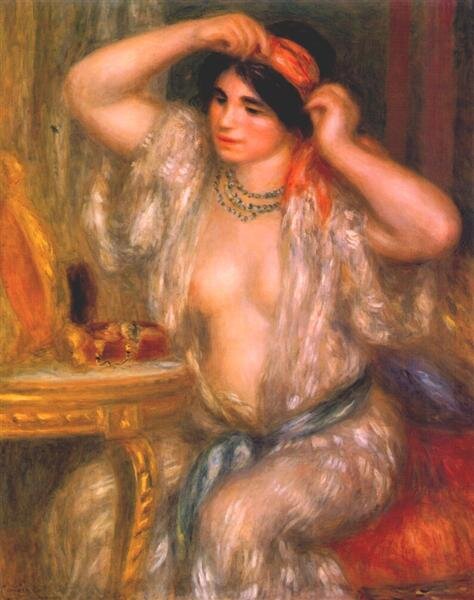
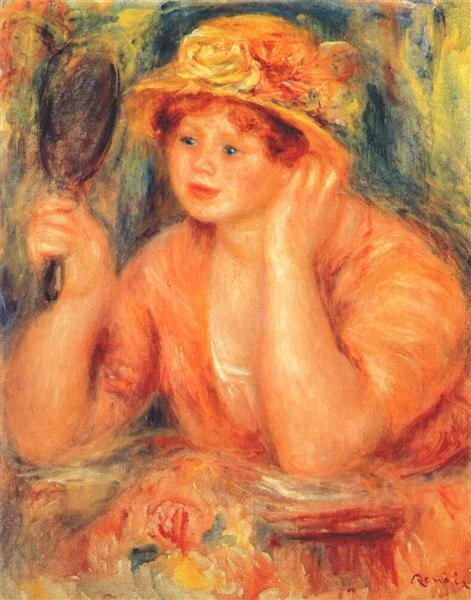
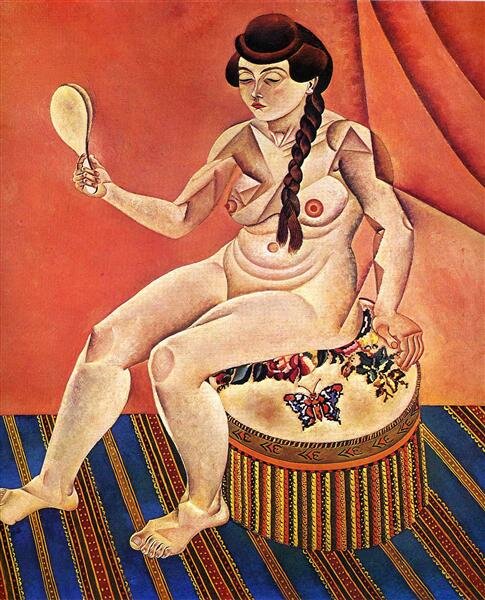
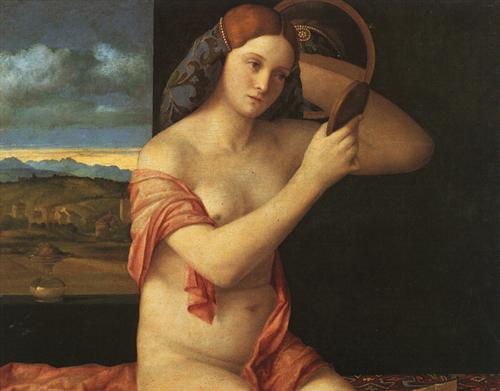
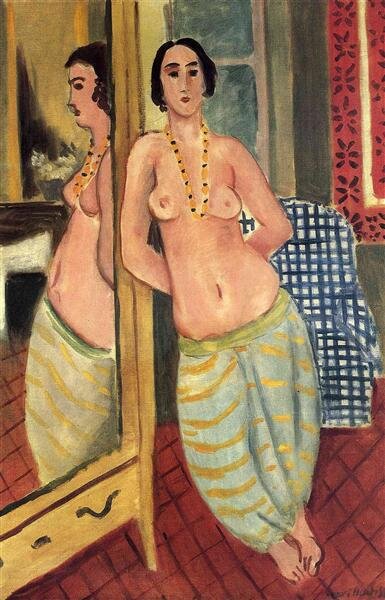
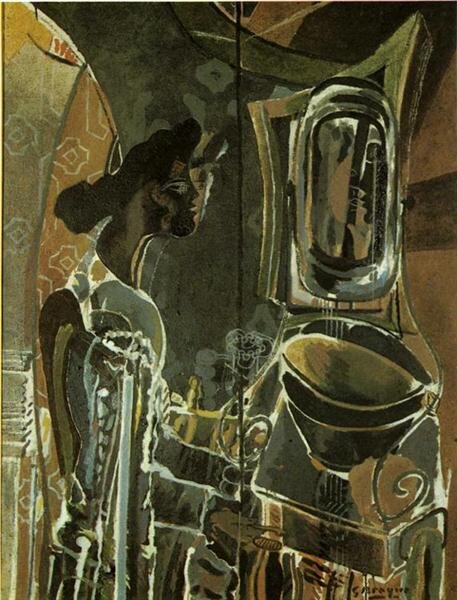
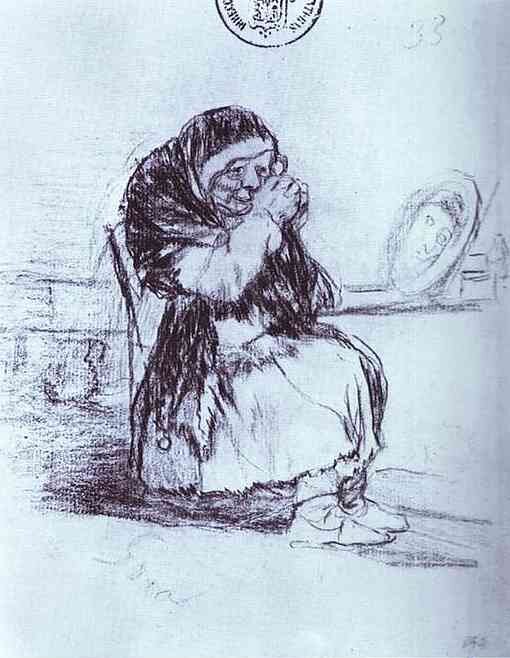
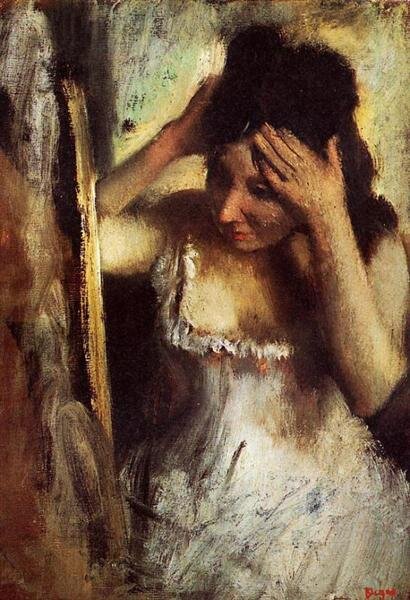
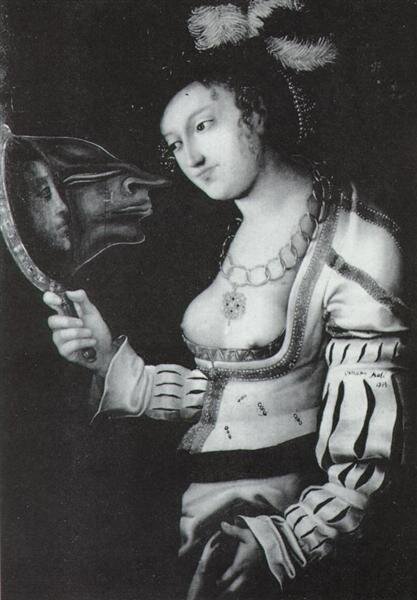
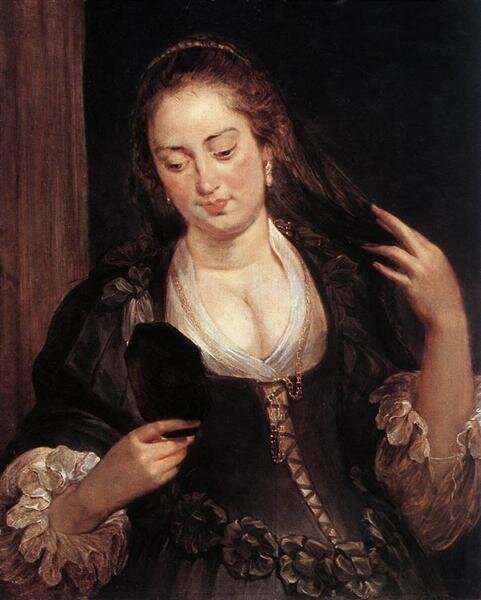
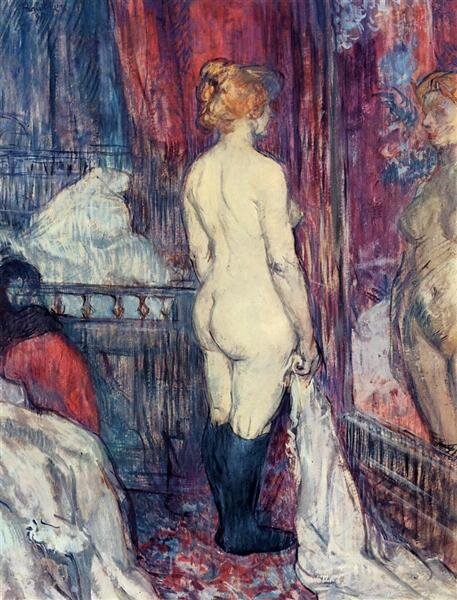
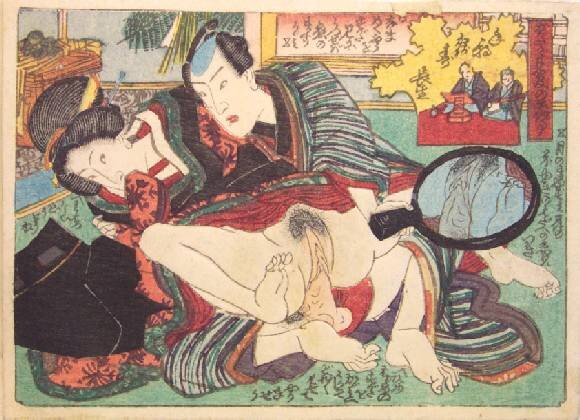
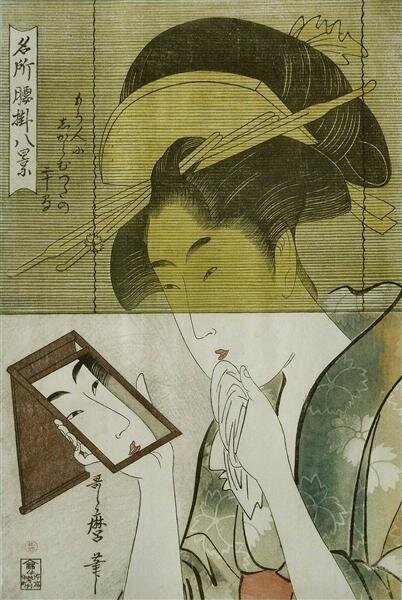
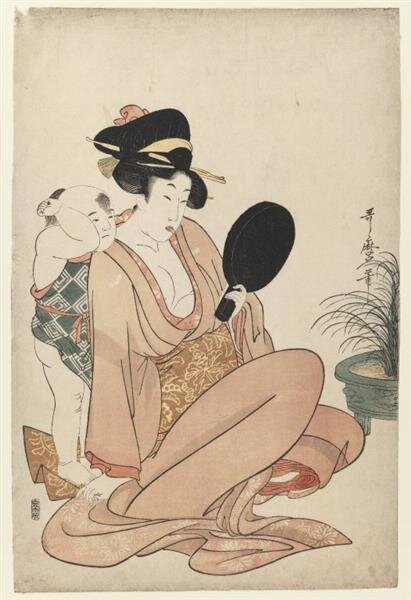
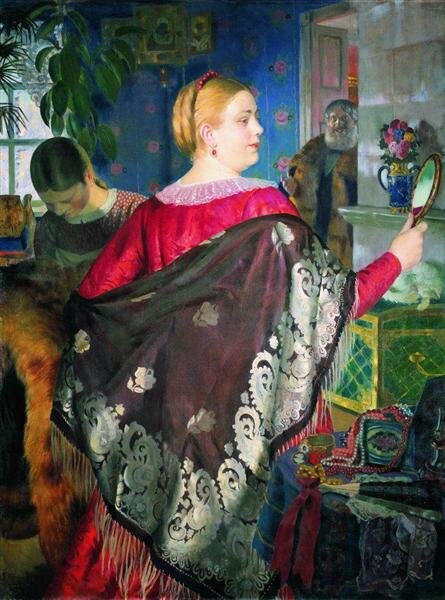
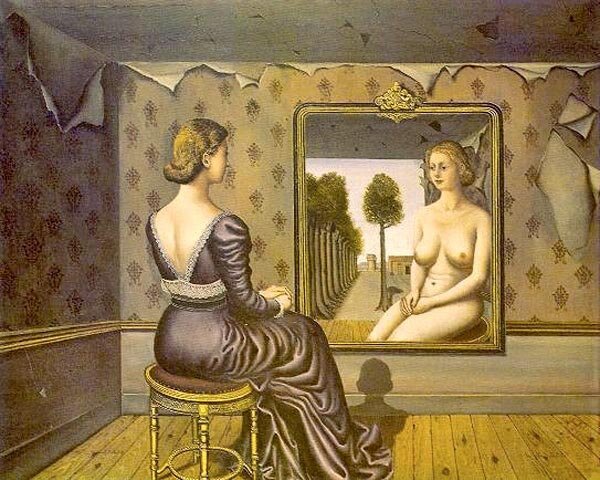
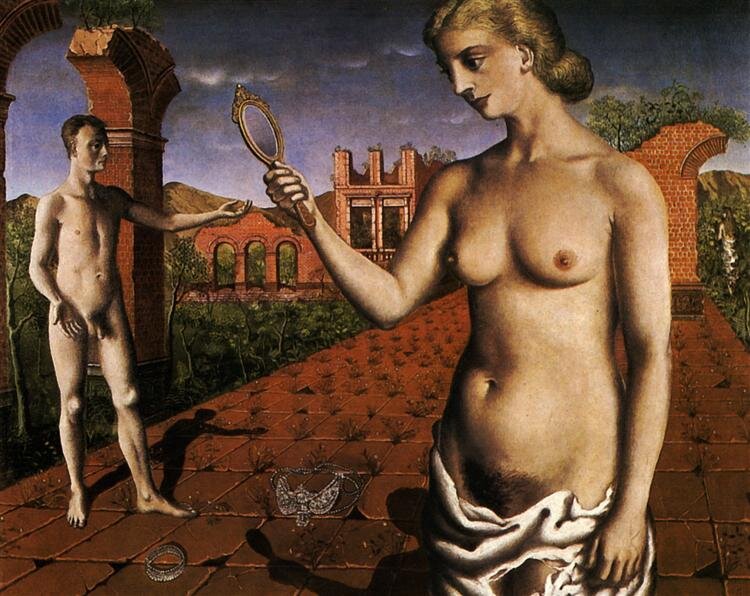
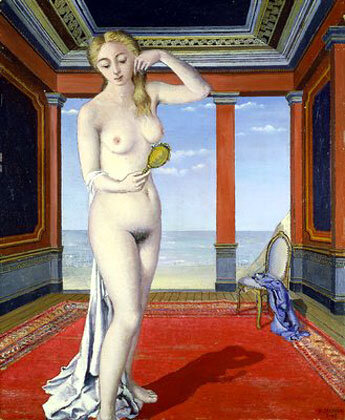
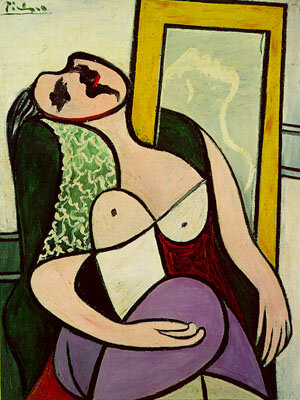
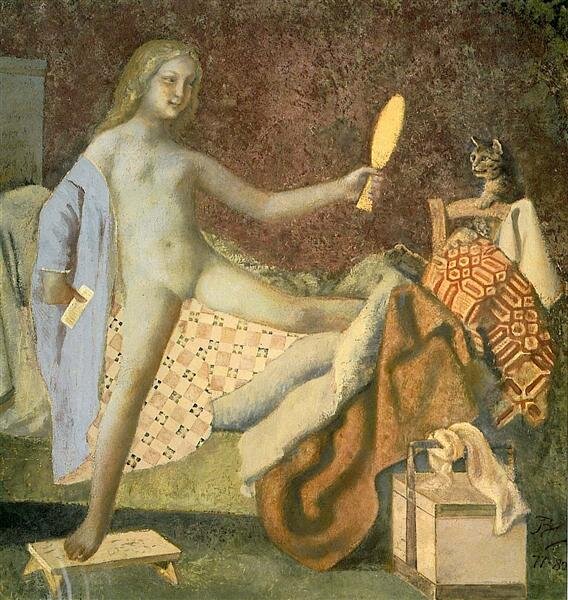
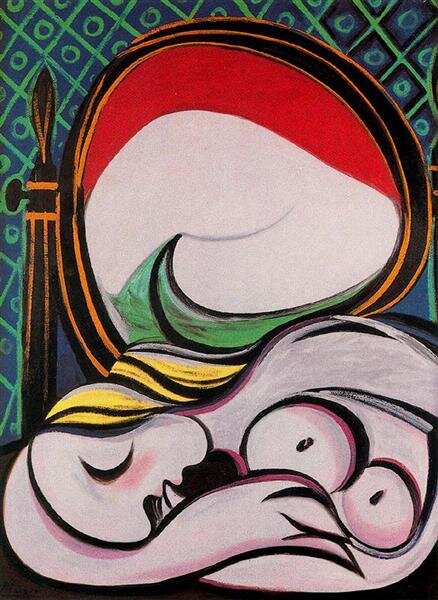
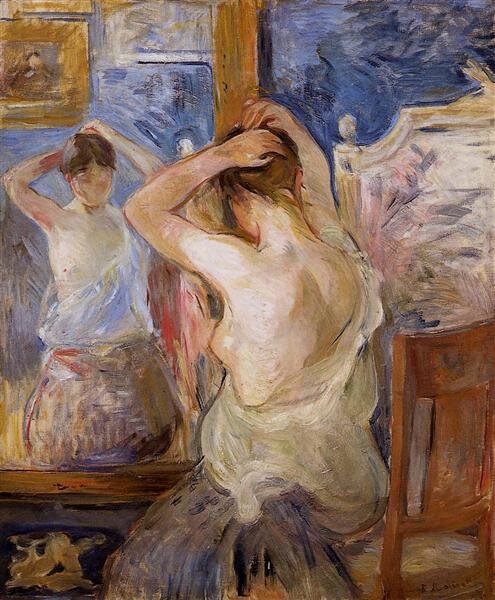
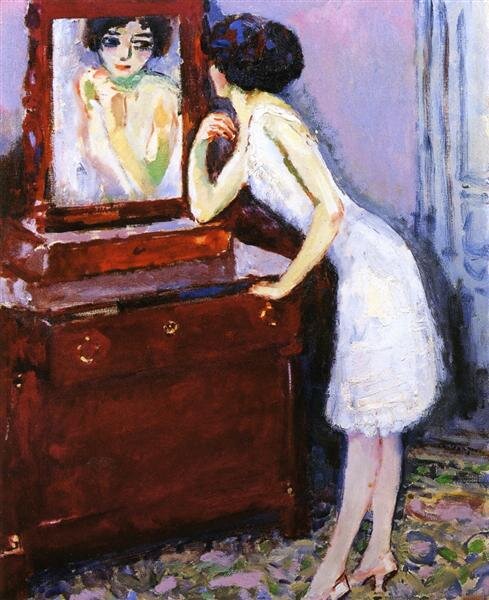
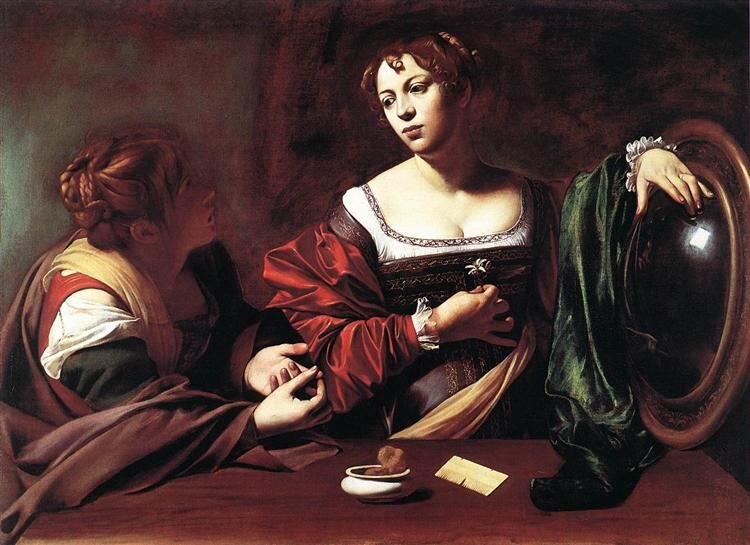
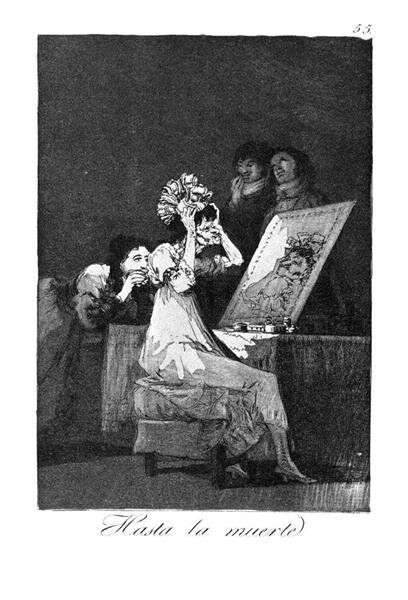
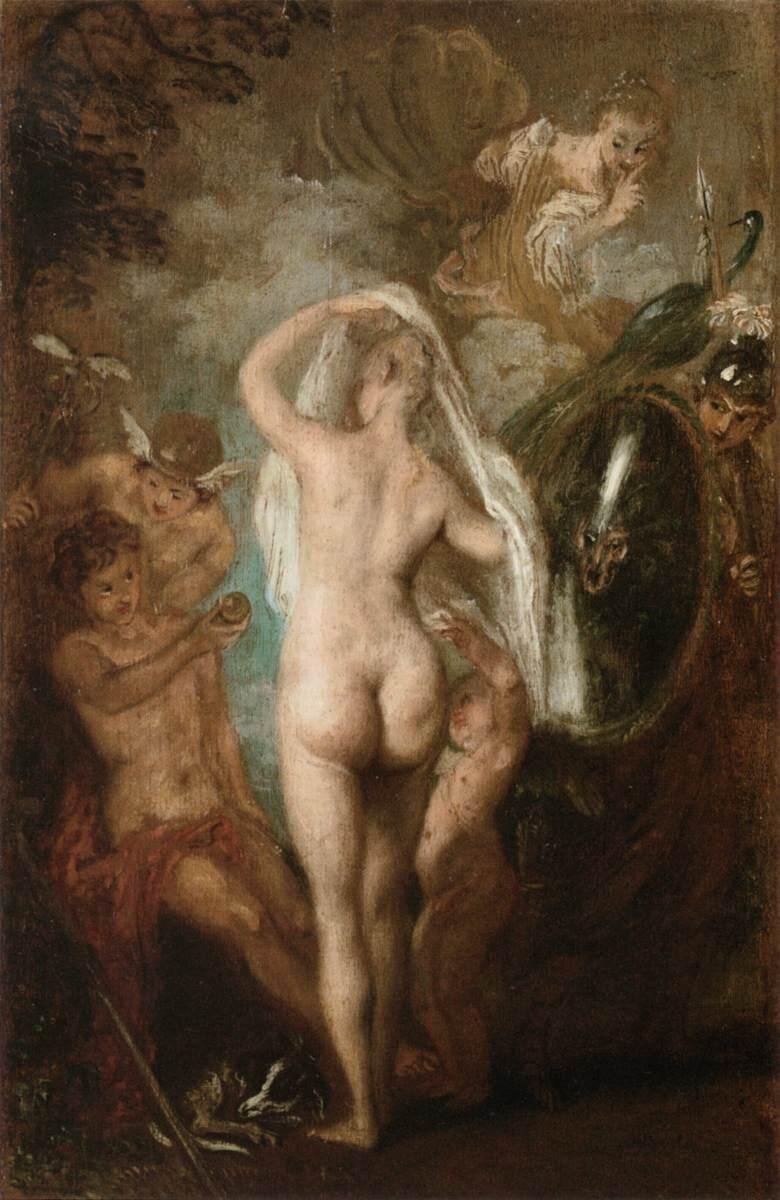
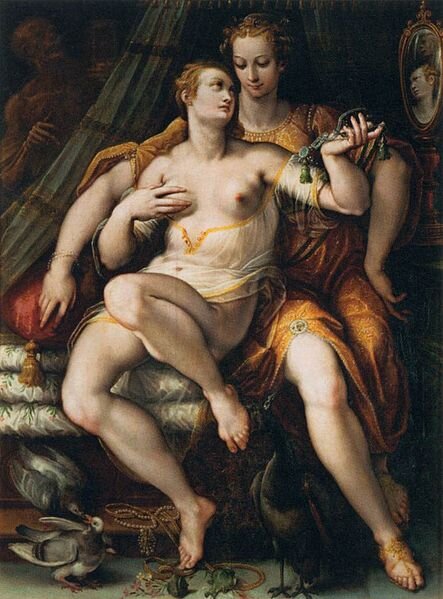
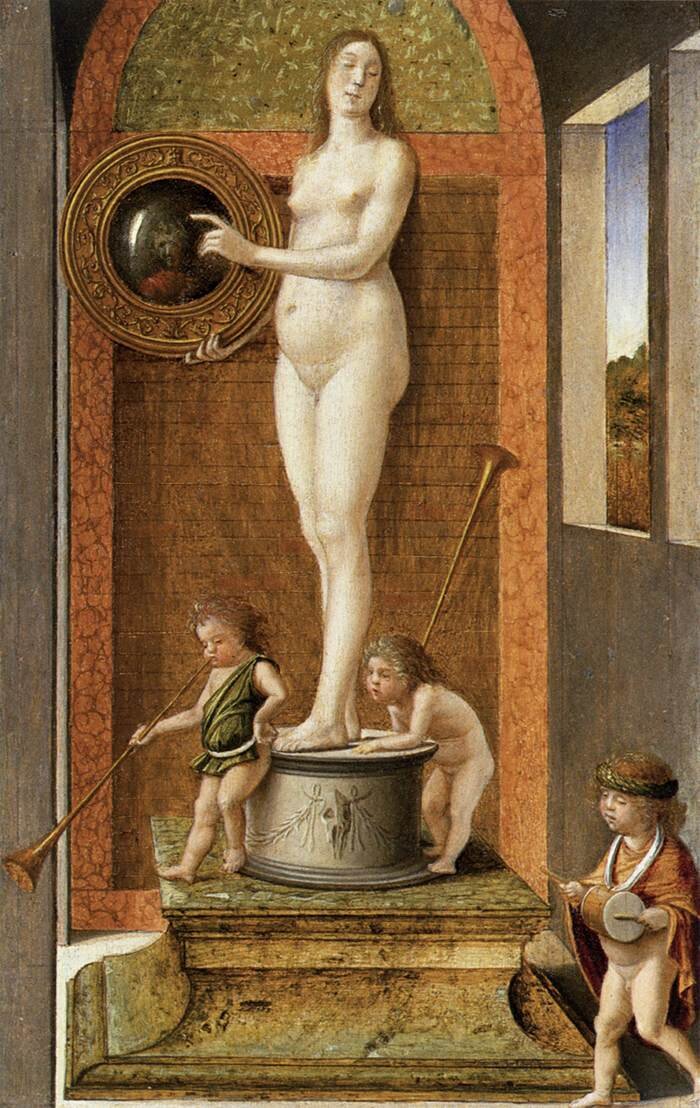
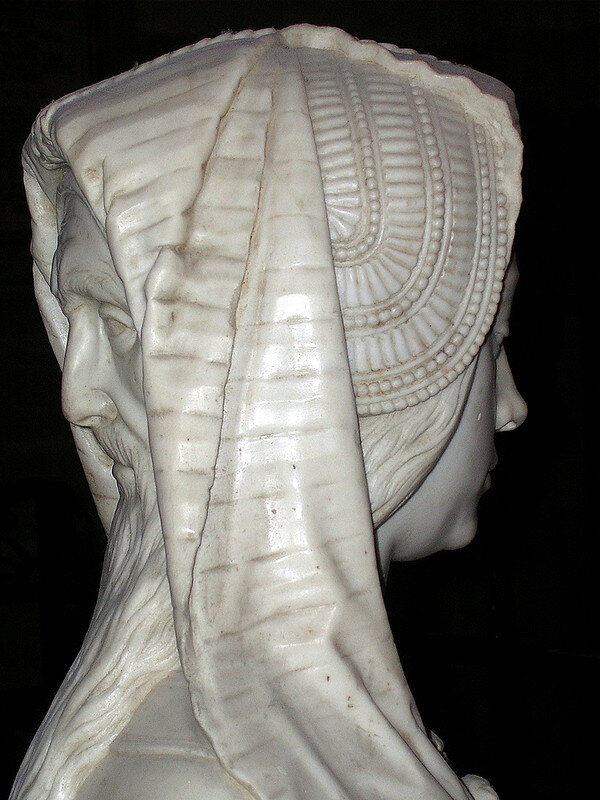
Reflect upon the symbol of the mirror . . .
Might these works also urge us to consider how we reflect and see women today?
Consider Medusa who may only be viewed via a mirror — a tool for personal reflection— lest her rage and grief turn unprepared viewers be turned to stone.
Medusa was decapitated by Perseus, sneaking up on her, plotting her destruction, viewing her safely via the mirror that was Athena’s polished shield.
Etruscan Mirror with Perseus Cutting off the Head of Medusa: Boston Museum of Fine Arts
Both the sexually independent woman and the politically independent woman are considered dangerous.
“. . .all women who are powerful in the public imagination have placed onto them images of monstrosity, or are imagined as monstrous underneath their exterior appearance.”
Persée vainqueur de Méduse, Eugène Romain Thirion, 1867, image via Wikimedia Commons.
Art & artists hold a mirror to society…
How do we see women represented today? What are we enabling?
Every painting or sculpture, film, story, opera, or play presenting, glorifying or normalizing women as victims or demons reflects the fundamental norms, beliefs and attitudes of our society.
Leda and the Swan by Fernando Botero, 1996, outside the Peninsula Hotel, Kowloon, Hong Kong
How do our actions reflect upon us?
Today people are demanding accountability: for our words, policies, actions, and attitudes. Let’s reflect upon our own responsibility to make the world a better place.
Reflections on Contemporary women
These portraits celebrate women today who ask that we reflect upon and reconsider our relationship with our environment and the natural world.
These portraits celebrate women today who ask that we reflect upon and question our assumptions about and behaviour towards women.
These portraits celebrate women today who cause us to reflect upon our actions and consider our attitudes towards people of different cultures.
References
- https://en.wikipedia.org/wiki/Wadjet
- https://en.wikipedia.org/wiki/Perseus
- https://www.greekmythology.com/Myths/Creatures/Medusa/medusa.html
- http://employees.oneonta.edu/farberas/arth/arth200/Body/snake_goddess.html
- http://arthistoryresources.net/snakegoddess/votary.html
- https://en.wikipedia.org/wiki/Snake_worship
- https://commons.wikimedia.org
- https://guts4garters.wordpress.com/2009/05/25/the-angry-woman-feminism-medussa/
- https://talesoftimesforgotten.com/2020/10/10/where-does-the-myth-of-medusa-come-from/
- https://en.wikipedia.org/wiki/Caduceus
- https://en.wikipedia.org/wiki/Gorgon
- https://en.wikipedia.org/wiki/Graeae
- https://en.wikipedia.org/wiki/Edward_Burne-Jones
- Civilization of the Goddess: The World of Old Europe, Marija Gimbutas, 1991
- New Larousse Encyclopedia of Mythology, Hamlyn Publishing Group Ltd., New York, 1959
- Ancient Mirrors of Womanhood, Merlin Stone, Beacon Press, Boston, 1984
- When God Was A Woman, Merlin Stone, Harvest Edition, 1976
- The Language of the Goddess, Marija Gimbutas, HarperRow publishers, San Francisco, 1989
- https://en.m.wikipedia.org/wiki/Black_Egyptian_hypothesis
- http://arthistoryresources.net/snakegoddess/
- https://rbgstreetscholar.wordpress.com/2007/11/24/black-egyptians-the-original-settlers-of-kemet/
- https://www.mbam.qc.ca/en/collections/arts-of-one-world
- https://www.artsy.net/article/artsy-editorial-depictions-medusa-way-society-views-powerful-women
